25 Beatles Lyrics: Your Go-To Guide for Every Situation
The Best Lines from the Fab Four
For as long as I can remember, I have been listening to The Beatles. Every year, my mom would appropriately blast “Birthday” on anyone’s birthday. I knew all of the words to “Back In The U.S.S.R” by the time I was 5 (Even though I had no idea what or where the U.S.S.R was). I grew up with John, Paul, George, and Ringo instead Justin, JC, Joey, Chris and Lance (I had to google N*SYNC to remember their names). The highlight of my short life was Paul McCartney in concert twice. I’m not someone to “fangirl” but those days I fangirled hard. The music of The Beatles has gotten me through everything. Their songs have brought me more joy, peace, and comfort. I can listen to them in any situation and find what I need. Here are the best lyrics from The Beatles for every and any occasion.
And in the end, the love you take is equal to the love you make
The End- Abbey Road, 1969
The sun is up, the sky is blue, it's beautiful and so are you
Dear Prudence- The White Album, 1968
Love is old, love is new, love is all, love is you
Because- Abbey Road, 1969
There's nowhere you can be that isn't where you're meant to be
All You Need Is Love, 1967
Life is very short, and there's no time for fussing and fighting, my friend
We Can Work It Out- Rubber Soul, 1965
He say, "I know you, you know me", One thing I can tell you is you got to be free
Come Together- Abbey Road, 1969
Oh please, say to me, You'll let me be your man. And please say to me, You'll let me hold your hand
I Wanna Hold Your Hand- Meet The Beatles!, 1964
It was twenty years ago today, Sgt. Pepper taught the band to play. They've been going in and out of style, but they're guaranteed to raise a smile
Sgt. Pepper's Lonely Hearts Club Band-1967
Living is easy with eyes closed, misunderstanding all you see
Strawberry Fields Forever- Magical Mystery Tour, 1967
Can you hear me? When it rains and shine, it's just a state of mind
Rain- Paperback Writer "B" side, 1966
Little darling, it's been long cold lonely winter. Little darling, it feels like years since it' s been here. Here comes the sun, Here comes the sun, and I say it's alright
Here Comes The Sun- Abbey Road, 1969
We danced through the night and we held each other tight, and before too long I fell in love with her. Now, I'll never dance with another when I saw her standing there
Saw Her Standing There- Please Please Me, 1963
I love you, I love you, I love you, that's all I want to say
Michelle- Rubber Soul, 1965
You say you want a revolution. Well you know, we all want to change the world
Revolution- The Beatles, 1968
All the lonely people, where do they all come from. All the lonely people, where do they all belong
Eleanor Rigby- Revolver, 1966
Oh, I get by with a little help from my friends
With A Little Help From My Friends- Sgt. Pepper's Lonely Hearts Club Band, 1967
Hey Jude, don't make it bad. Take a sad song and make it better
Hey Jude, 1968
Yesterday, all my troubles seemed so far away. Now it looks as though they're here to stay. Oh, I believe in yesterday
Yesterday- Help!, 1965
And when the brokenhearted people, living in the world agree, there will be an answer, let it be.
Let It Be- Let It Be, 1970
And anytime you feel the pain, Hey Jude, refrain. Don't carry the world upon your shoulders
Hey Jude, 1968
I'll give you all I got to give if you say you'll love me too. I may not have a lot to give but what I got I'll give to you. I don't care too much for money. Money can't buy me love
Can't Buy Me Love- A Hard Day's Night, 1964
All you need is love, love is all you need
All You Need Is Love- Magical Mystery Tour, 1967
Whisper words of wisdom, let it be
Let It Be- Let It Be, 1970
Blackbird singing in the dead of night, Take these broken wings and learn to fly. All your life, You were only waiting for this moment to arise
Blackbird- The White Album, 1968
Though I know I'll never lose affection, for people and things that went before. I know I'll often stop and think about them. In my life, I love you more
In My Life- Rubber Soul, 1965
While these are my 25 favorites, there are quite literally 1000s that could have been included. The Beatles' body of work is massive and there is something for everyone. If you have been living under a rock and haven't discovered the Fab Four, you have to get musically educated. Stream them on Spotify, find them on iTunes or even buy a CD or record (Yes, those still exist!). I would suggest starting with 1, which is a collection of most of their #1 songs, or the 1968 White Album. Give them chance and you'll never look back.



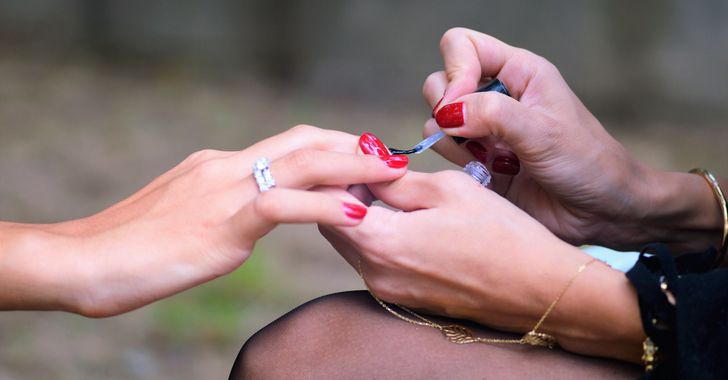 woman doing manicure
Photo by
woman doing manicure
Photo by 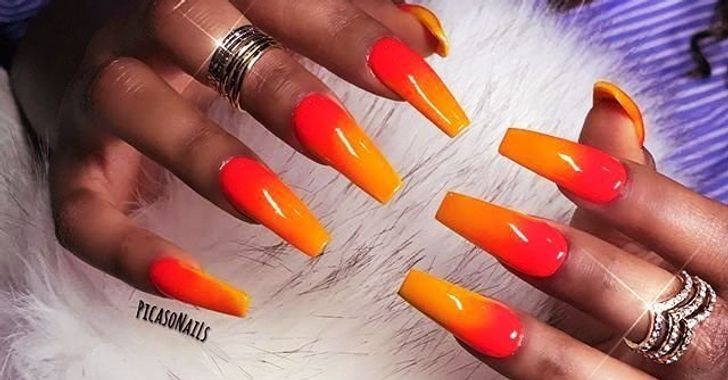 3. I'll have a blood orange ombré.
Picaso Nails
3. I'll have a blood orange ombré.
Picaso Nails
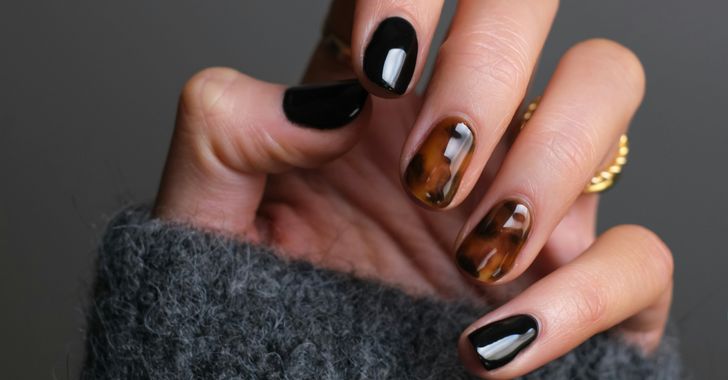 person wearing gold ring holding black textile
Photo by
person wearing gold ring holding black textile
Photo by 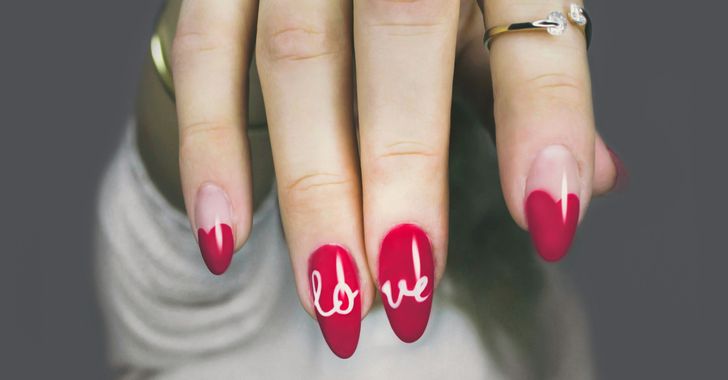 selective focus photography of woman's pink manicure
Photo by
selective focus photography of woman's pink manicure
Photo by 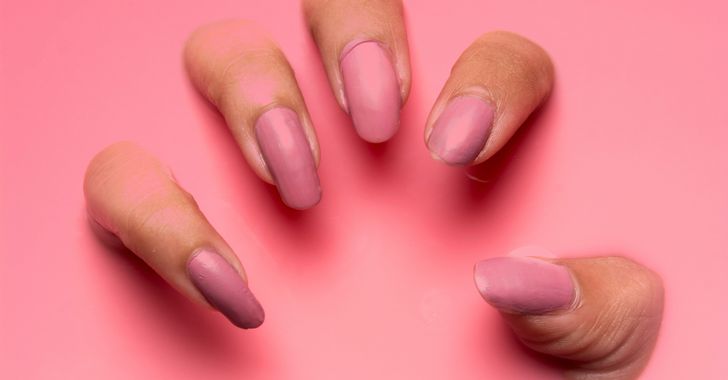 persons hand on pink surface
Photo by
persons hand on pink surface
Photo by 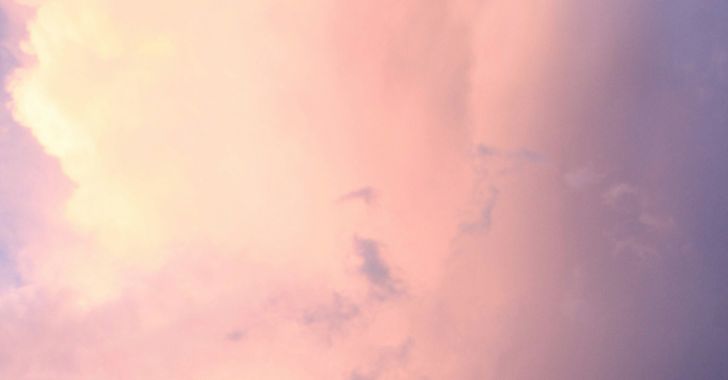 white clouds during daytime
Photo by
white clouds during daytime
Photo by  multicolored hallway
Photo by
multicolored hallway
Photo by 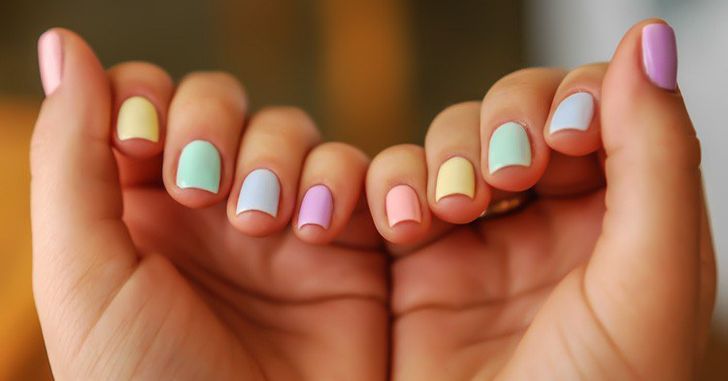


 Going to the cinema alone is good for your mental health, says science
Going to the cinema alone is good for your mental health, says science











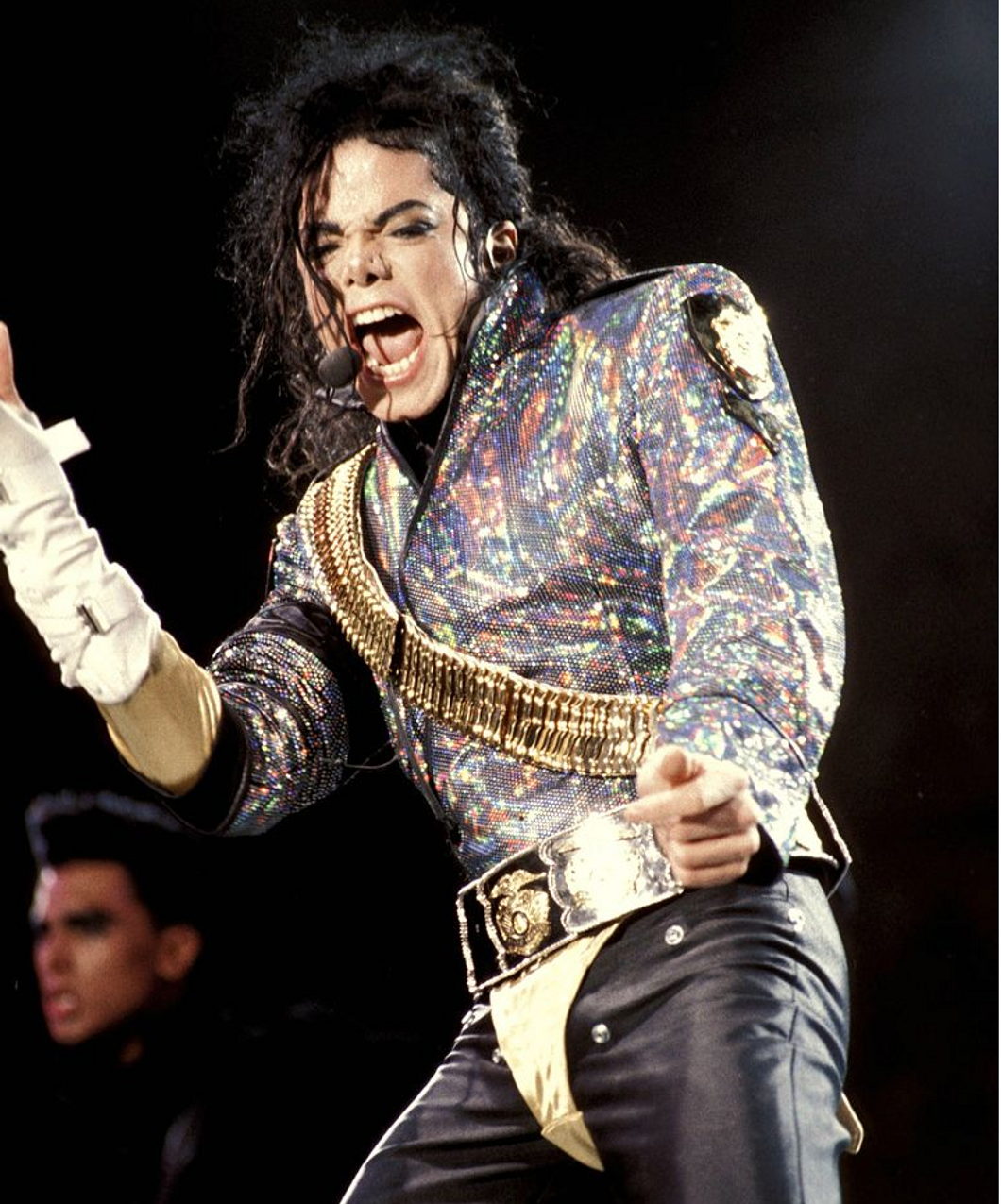
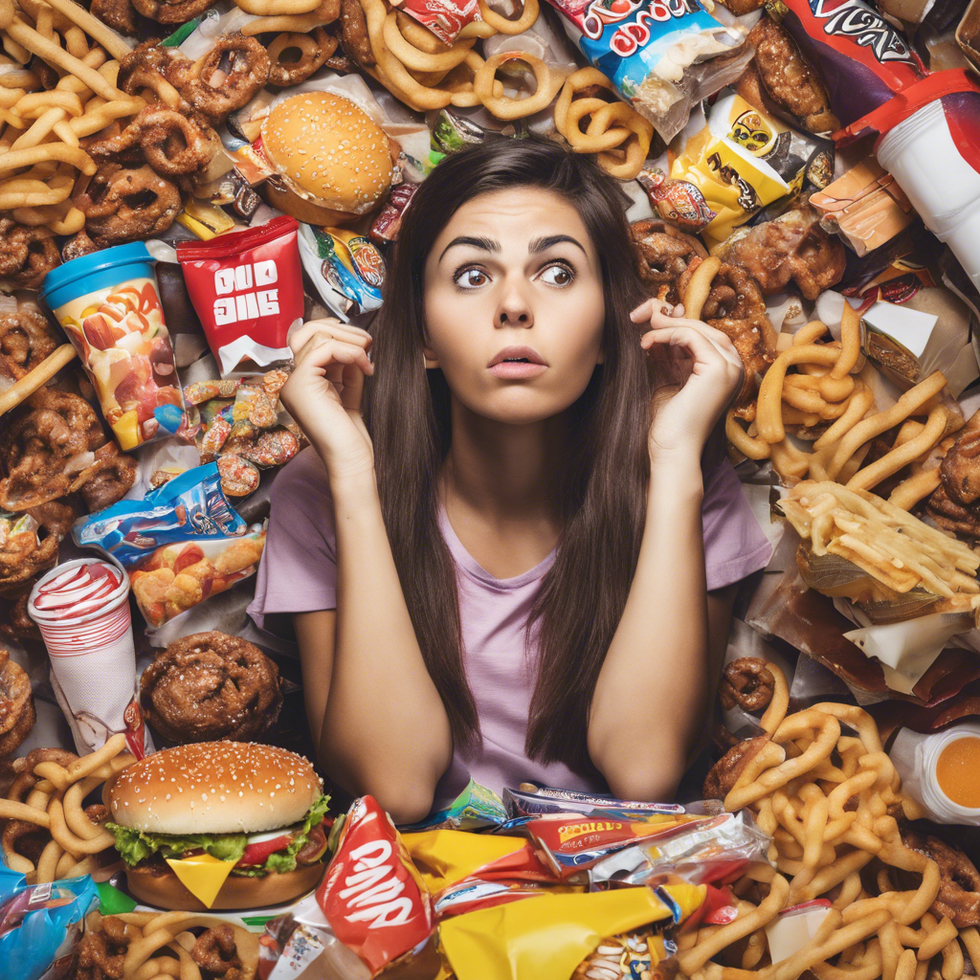
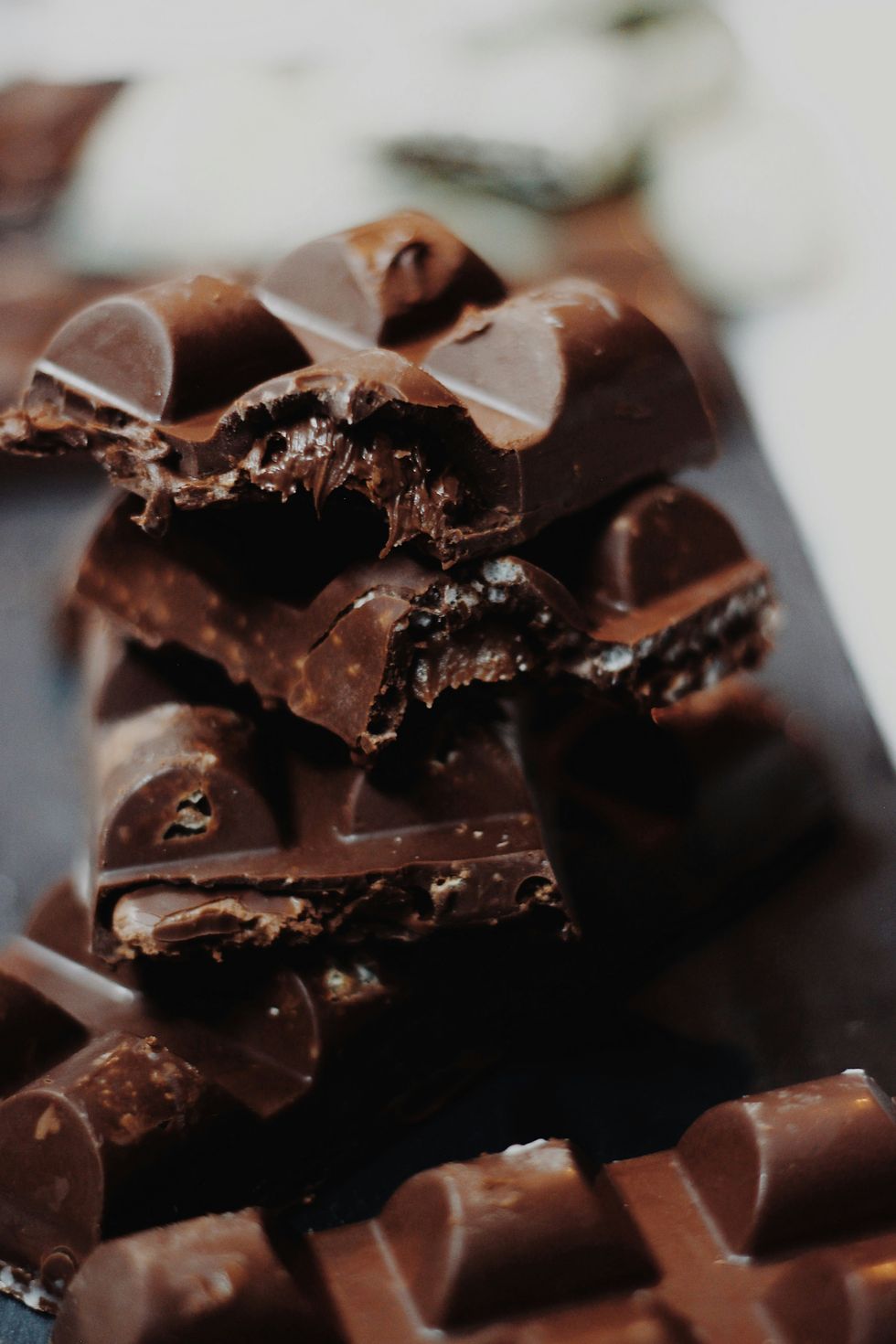
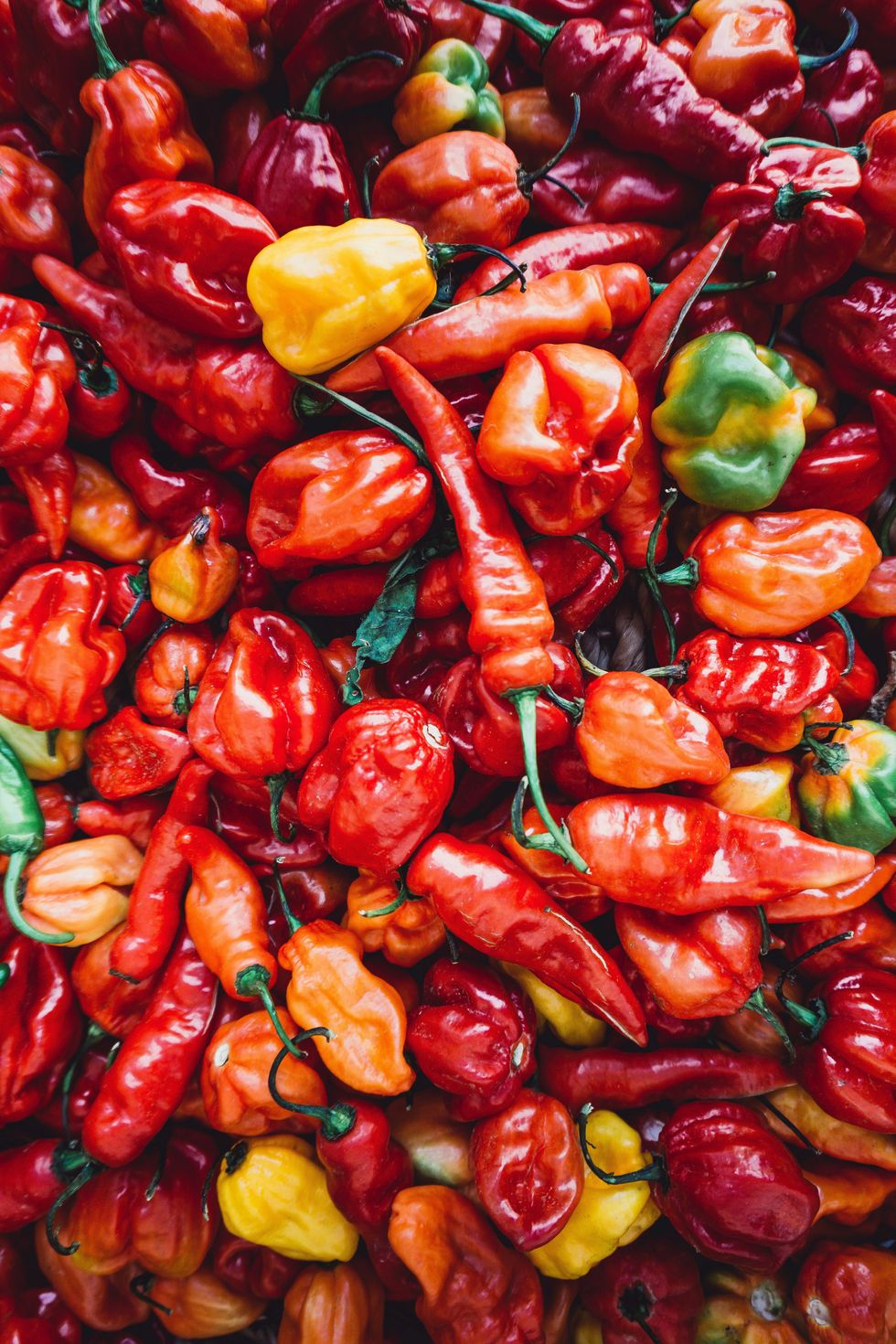 Photo by
Photo by 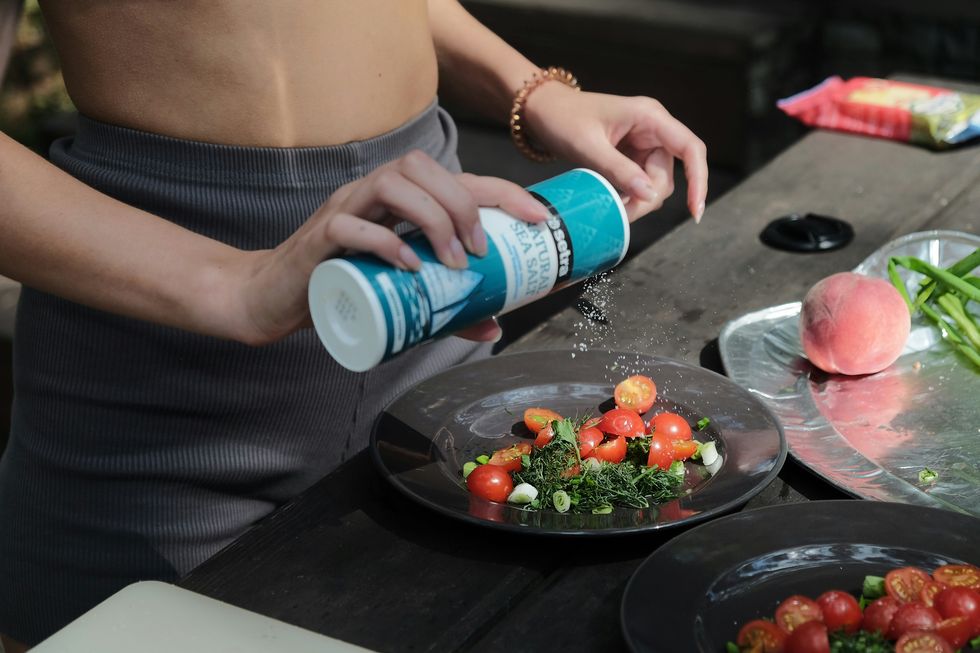 Photo by
Photo by 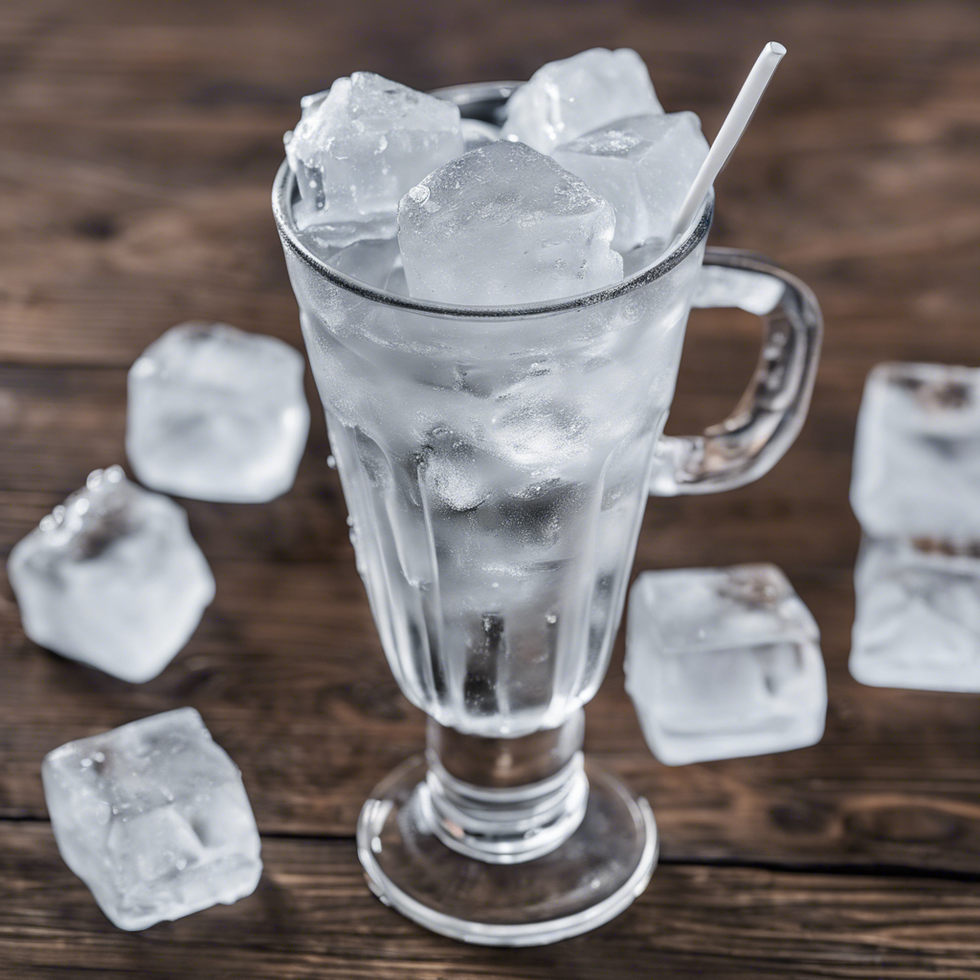 StableDiffusion
StableDiffusion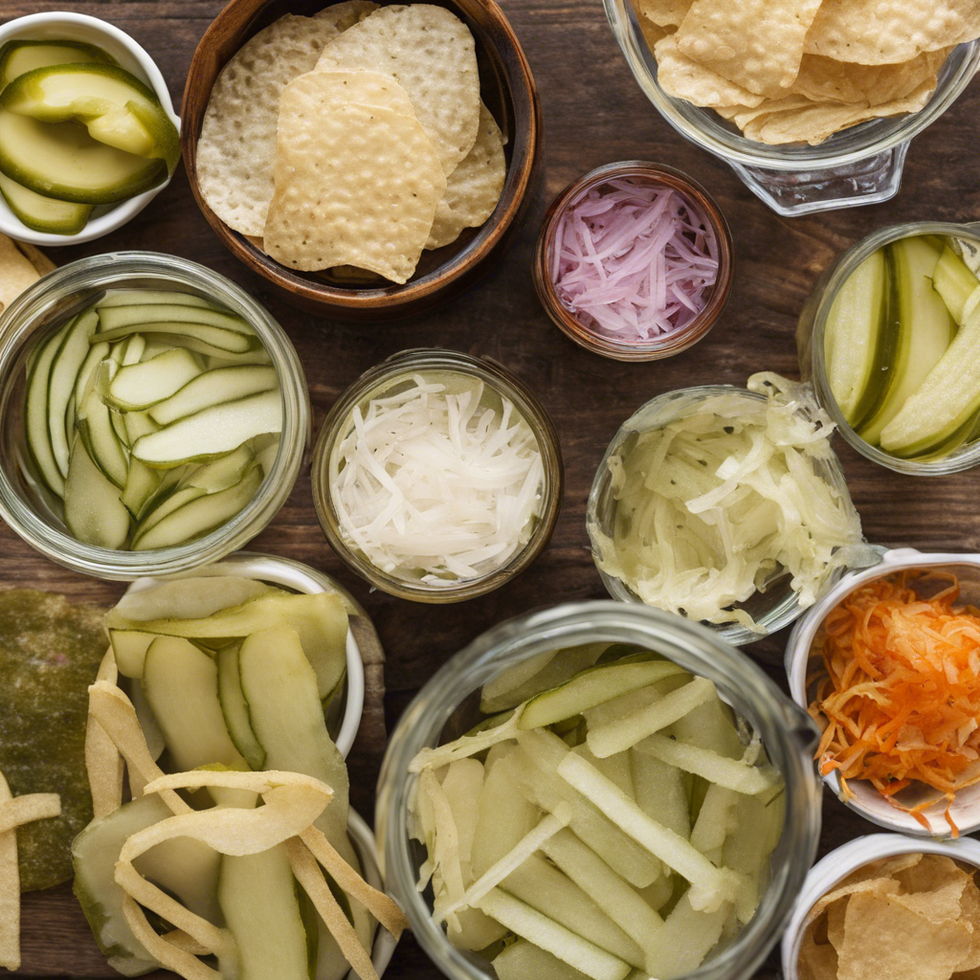 StableDiffusion
StableDiffusion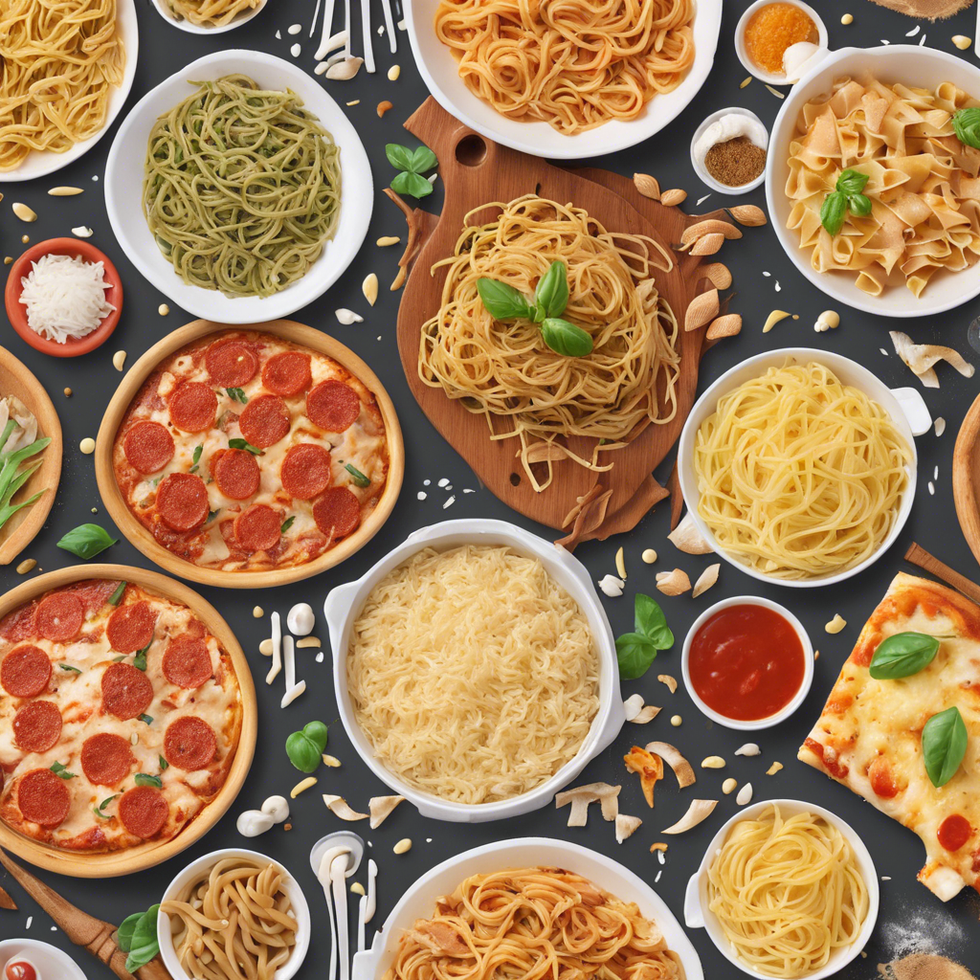 StableDiffusion
StableDiffusion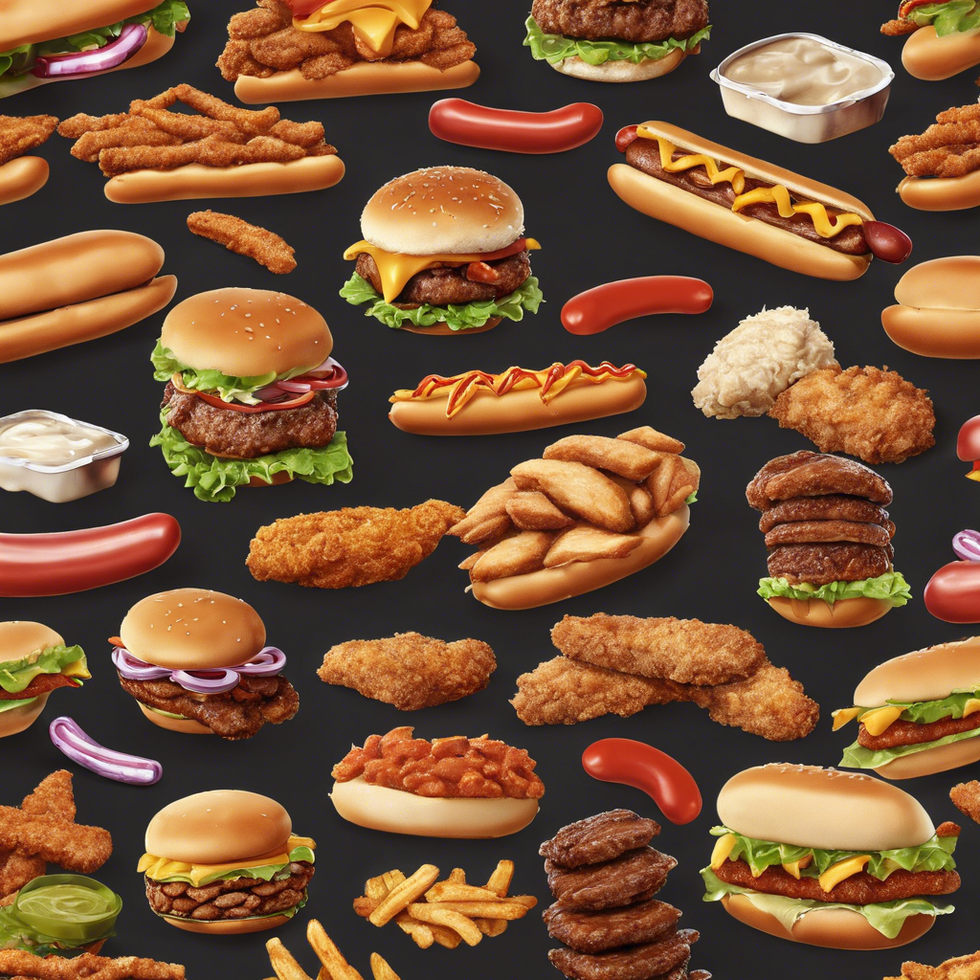 StableDiffusion
StableDiffusion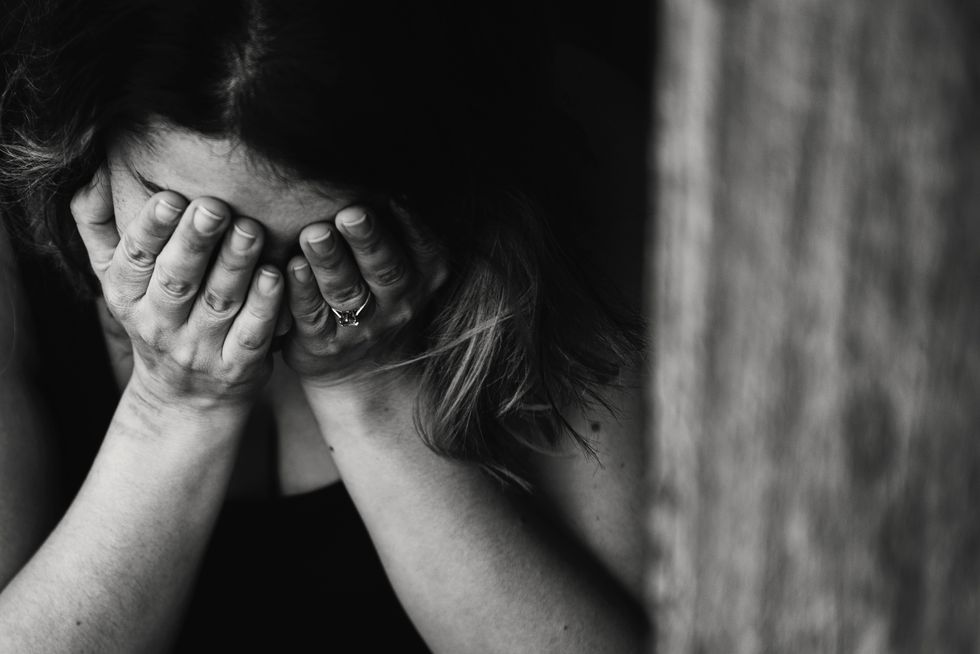
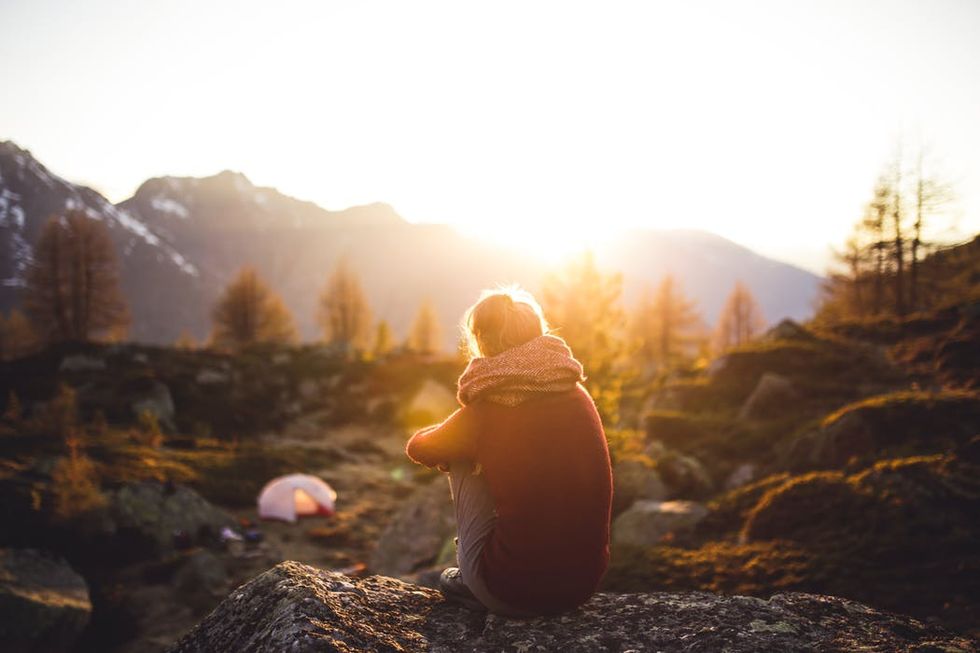
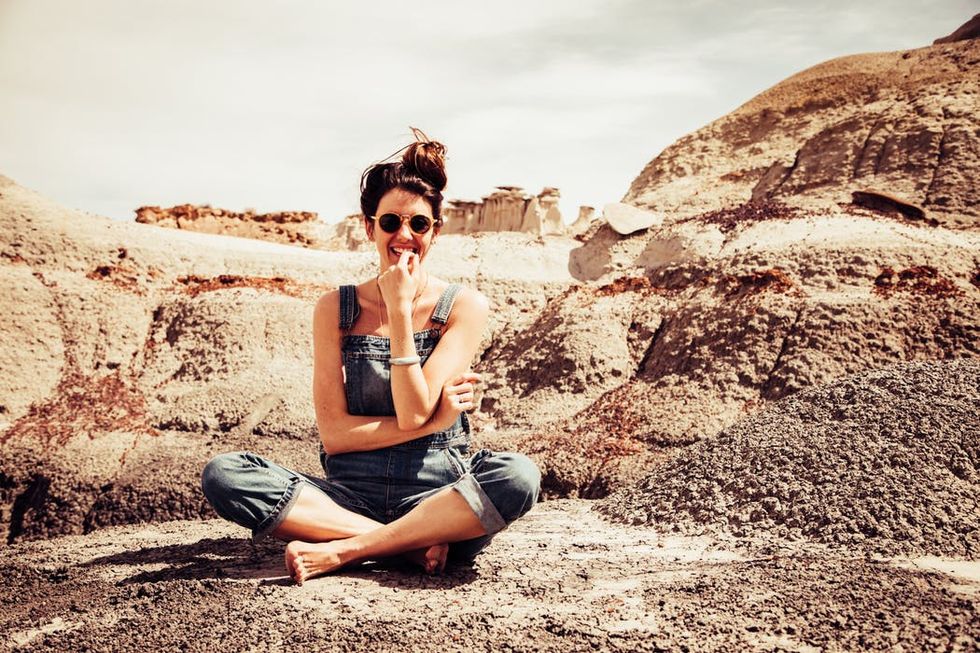
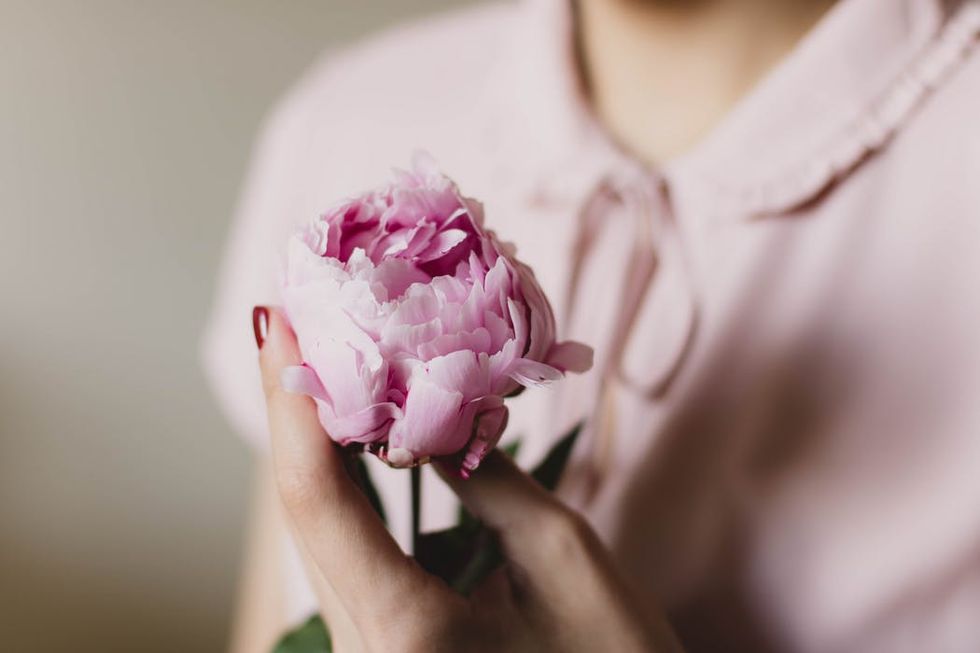
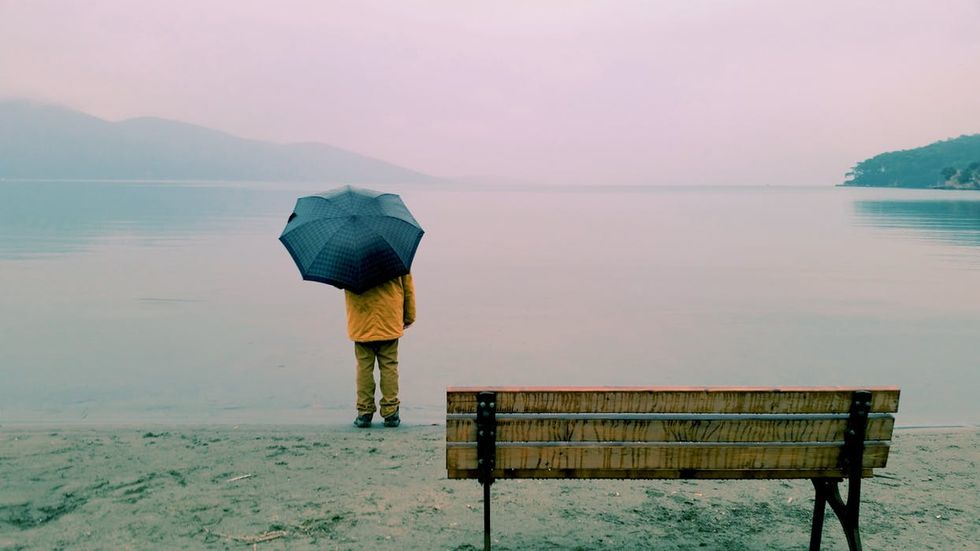
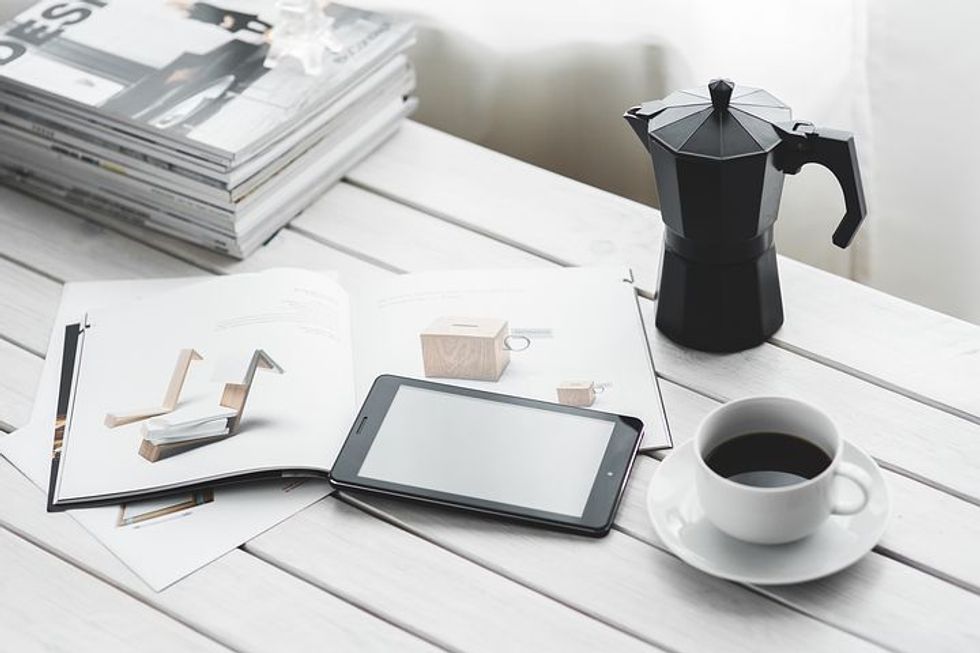
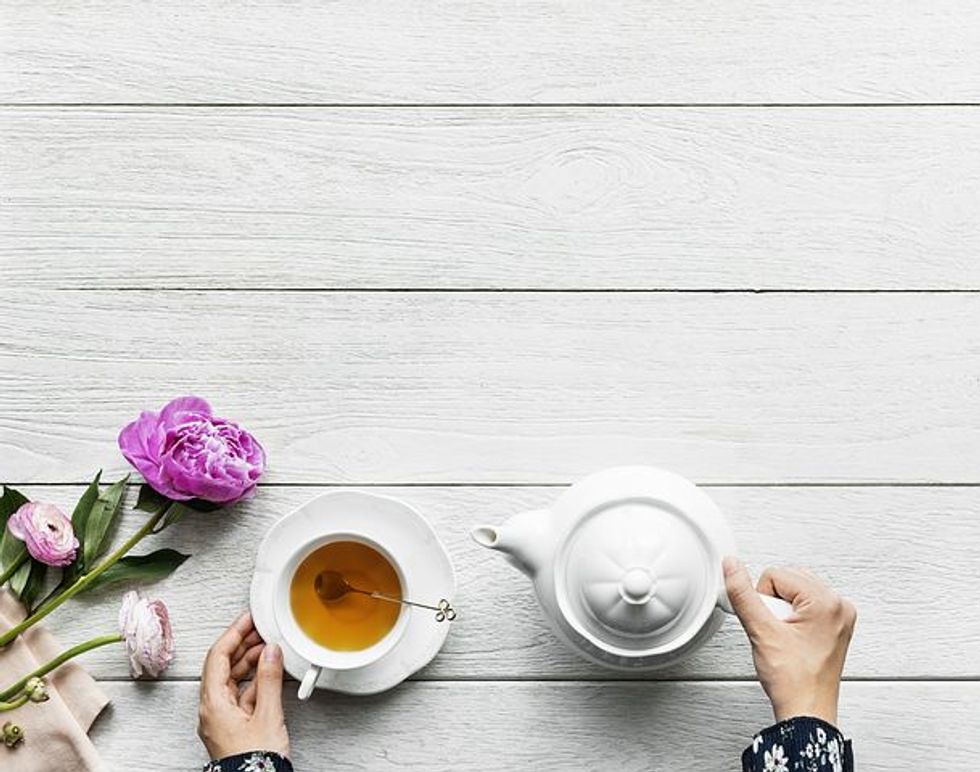
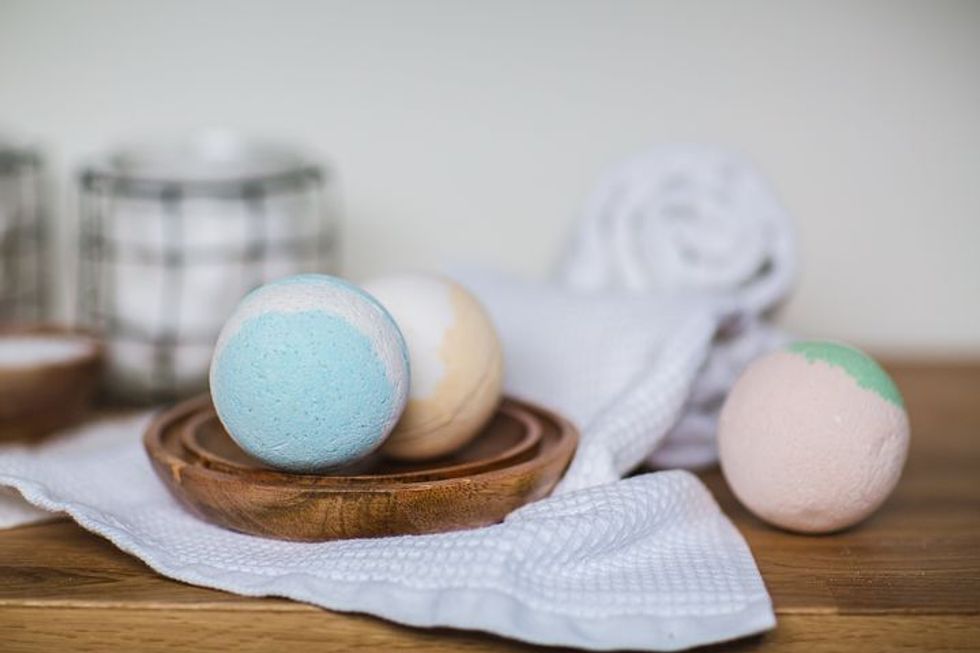
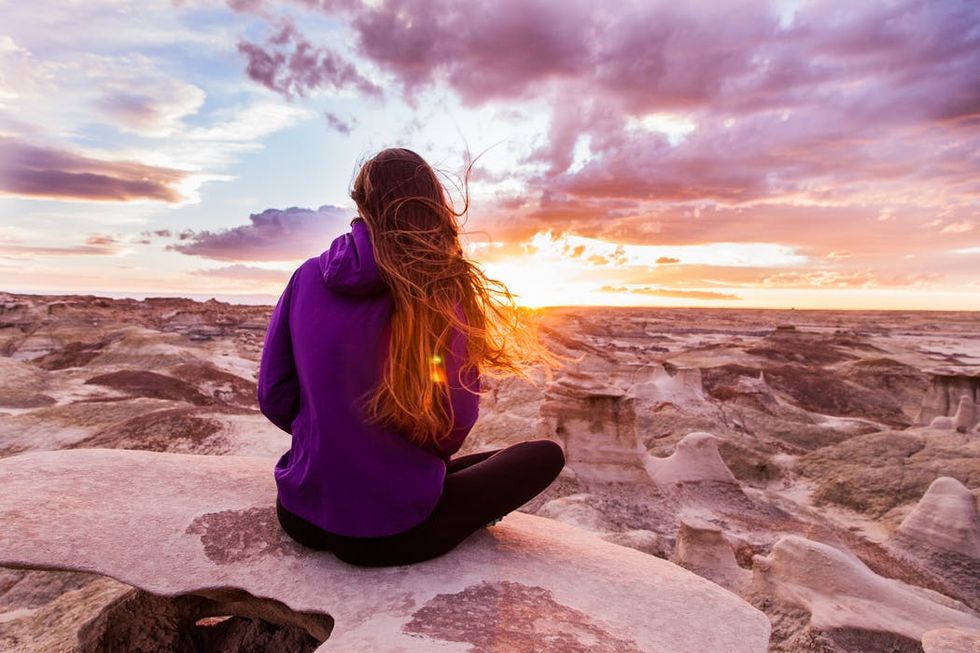
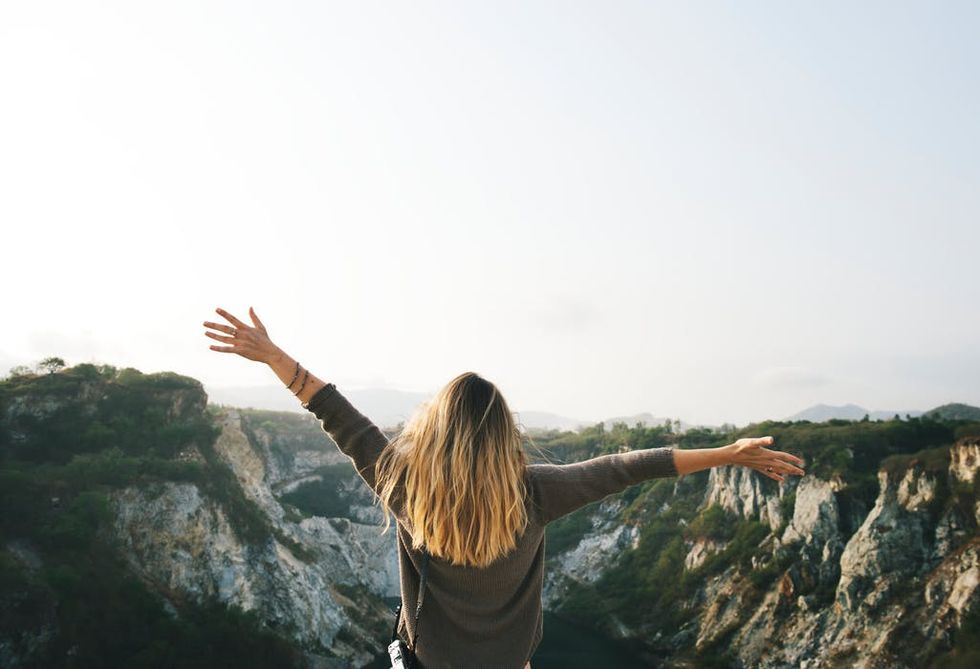
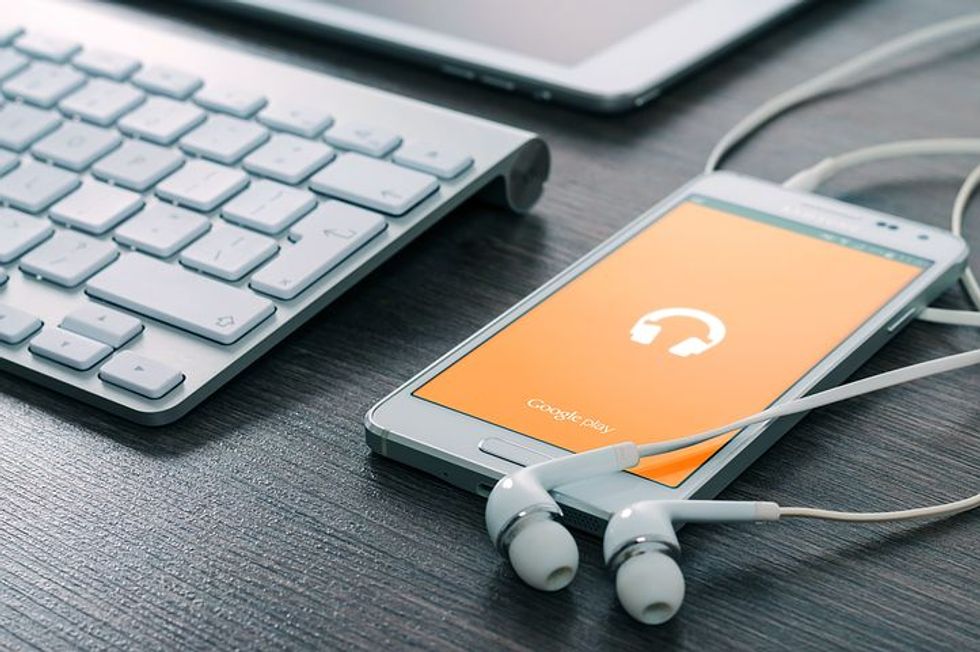
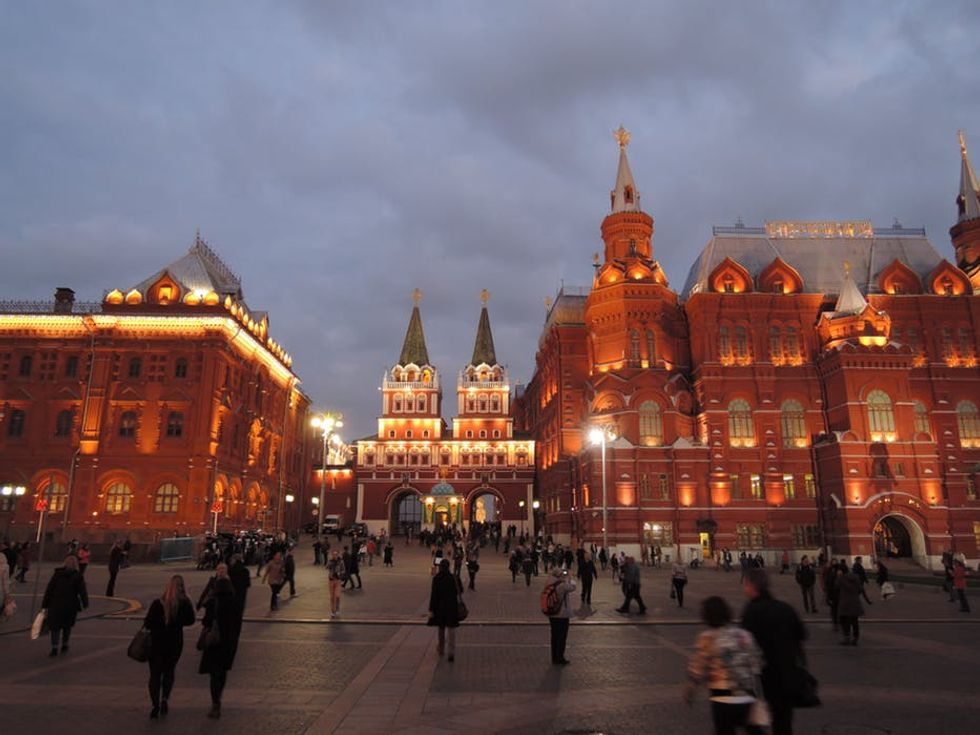
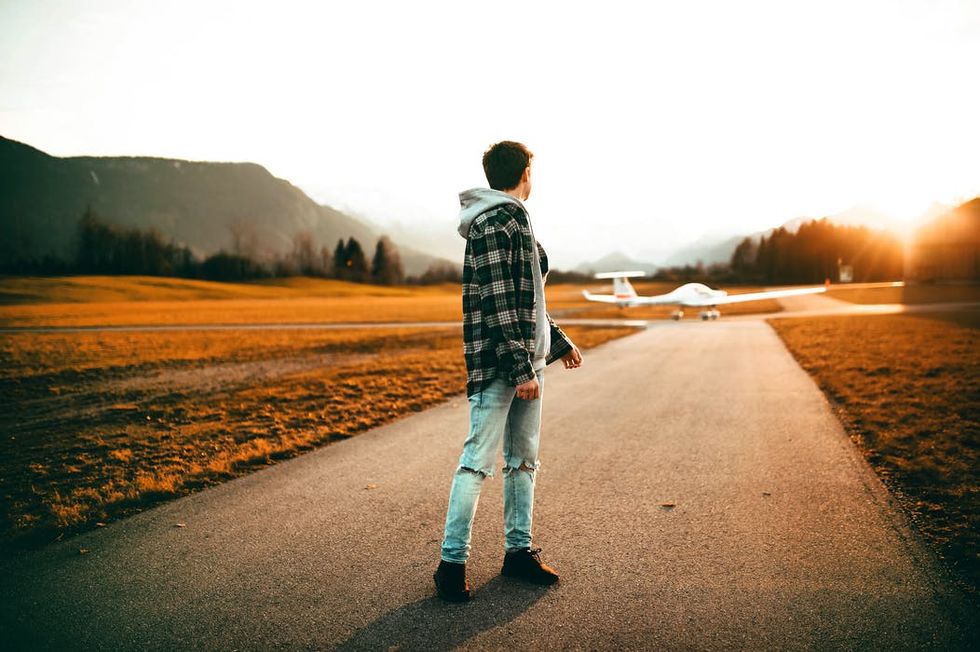
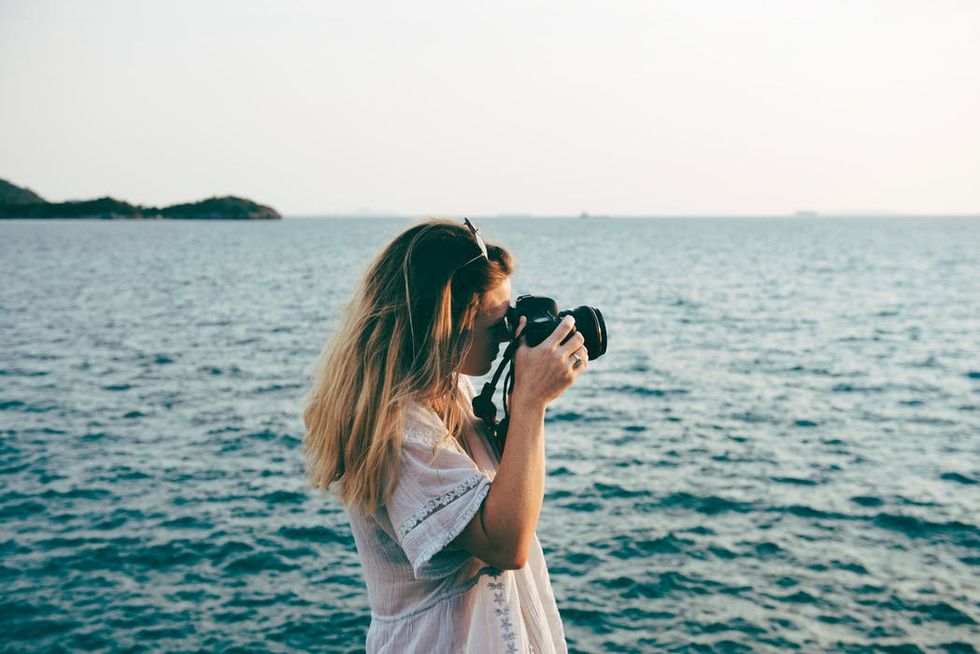
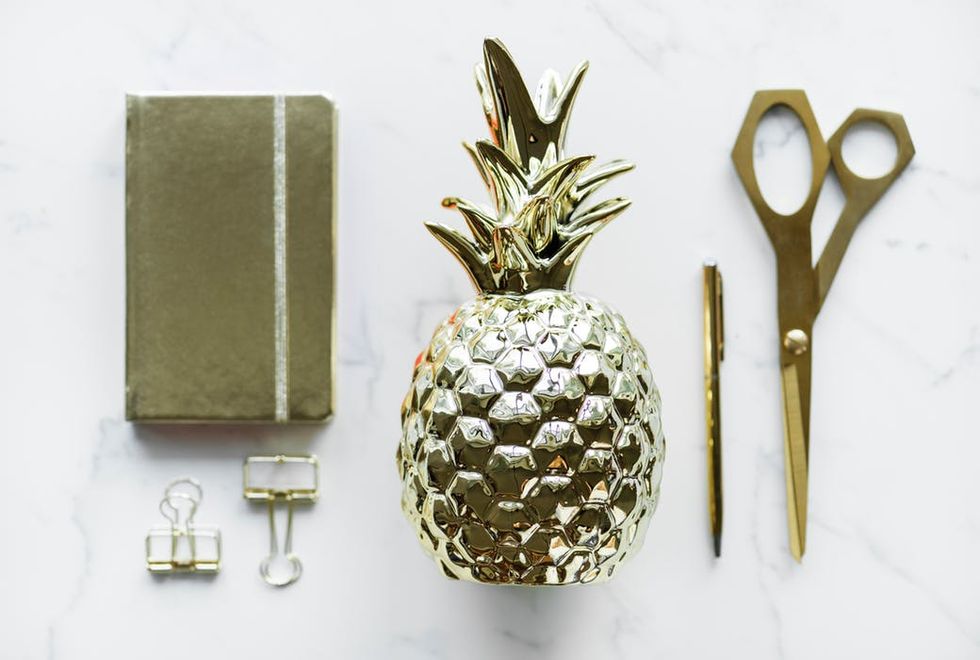
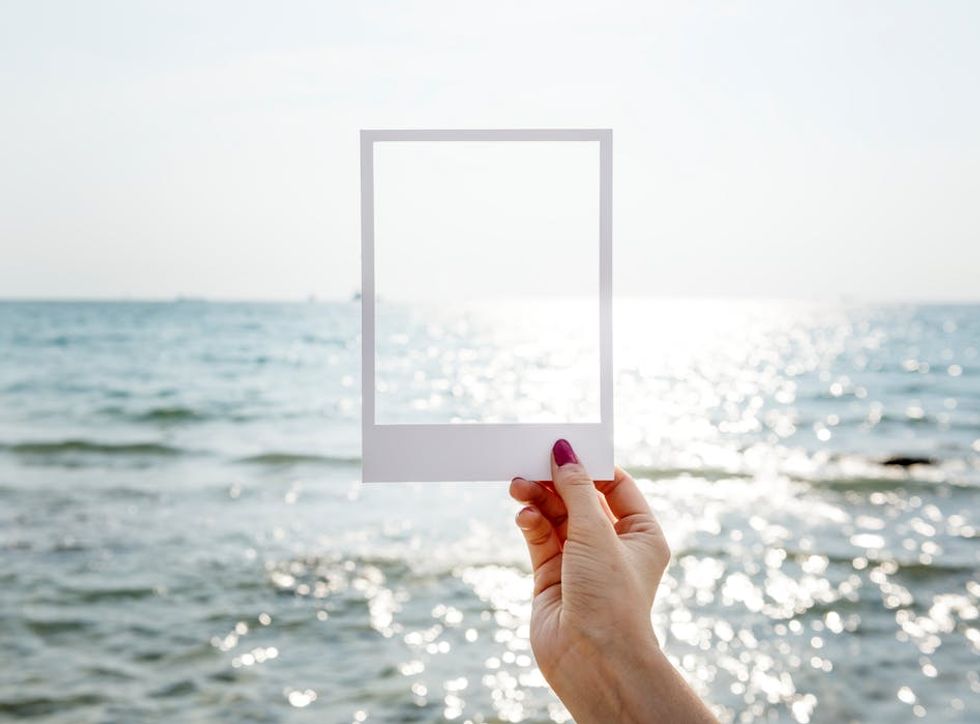
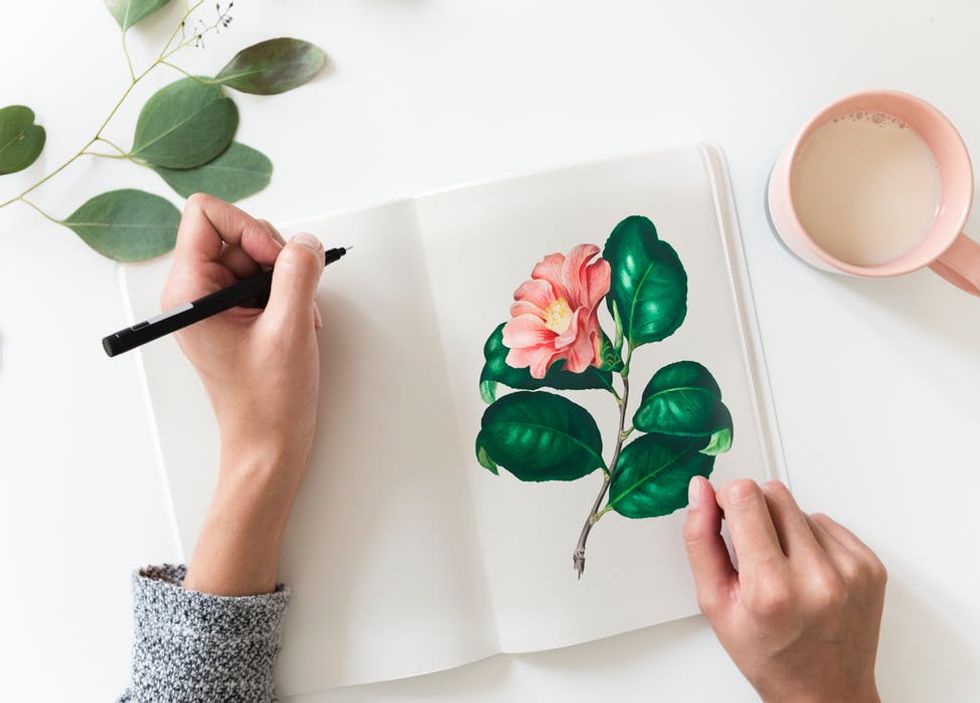
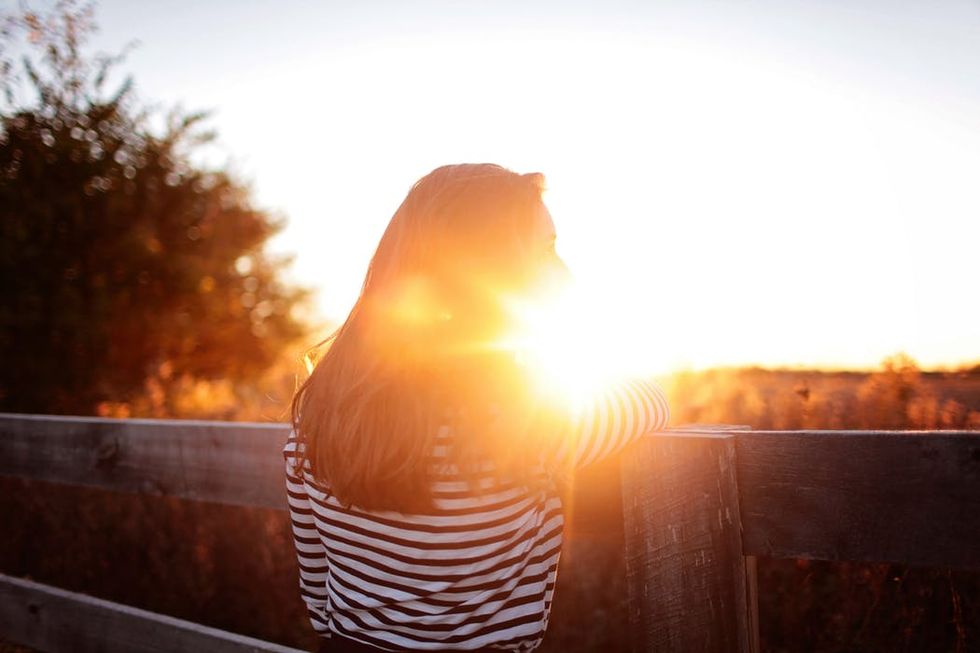
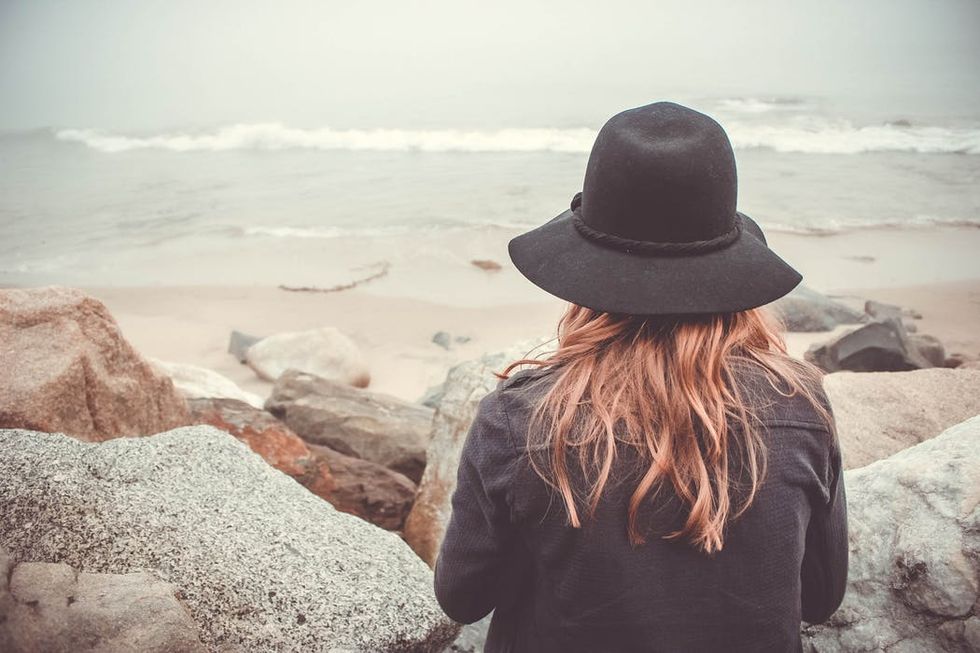
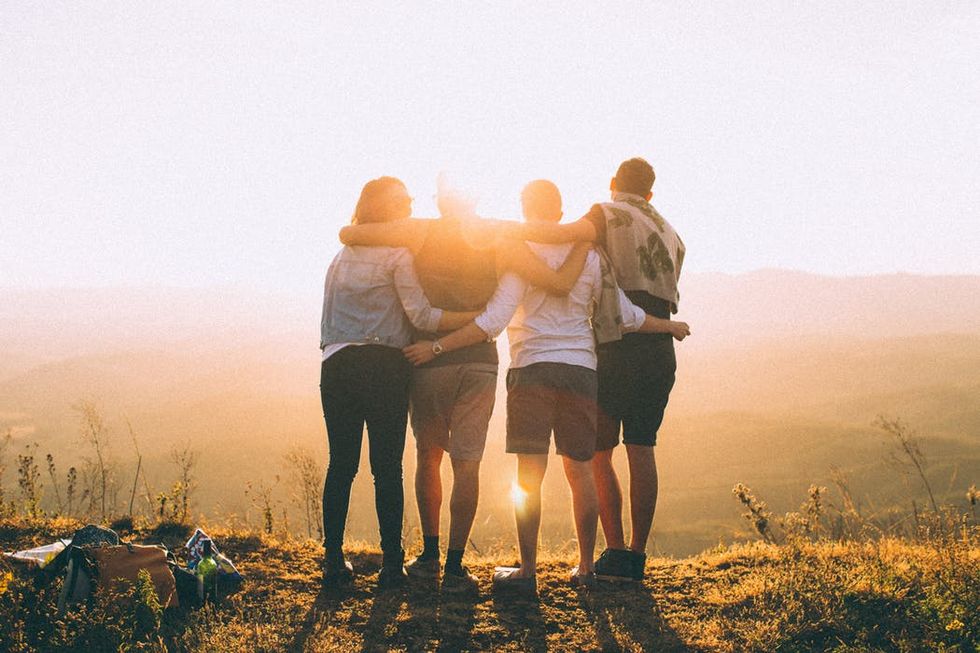
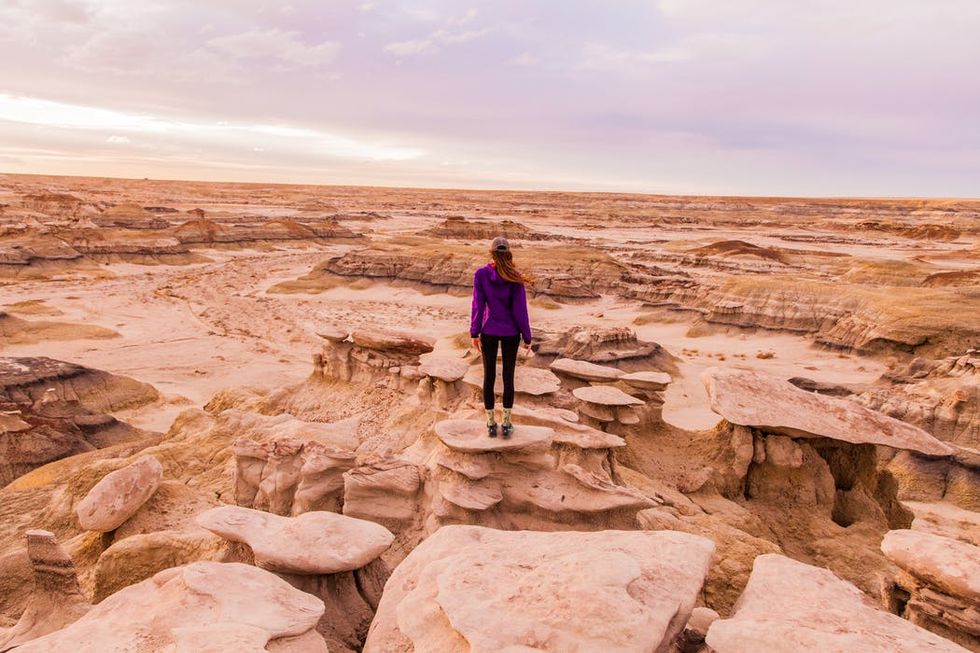
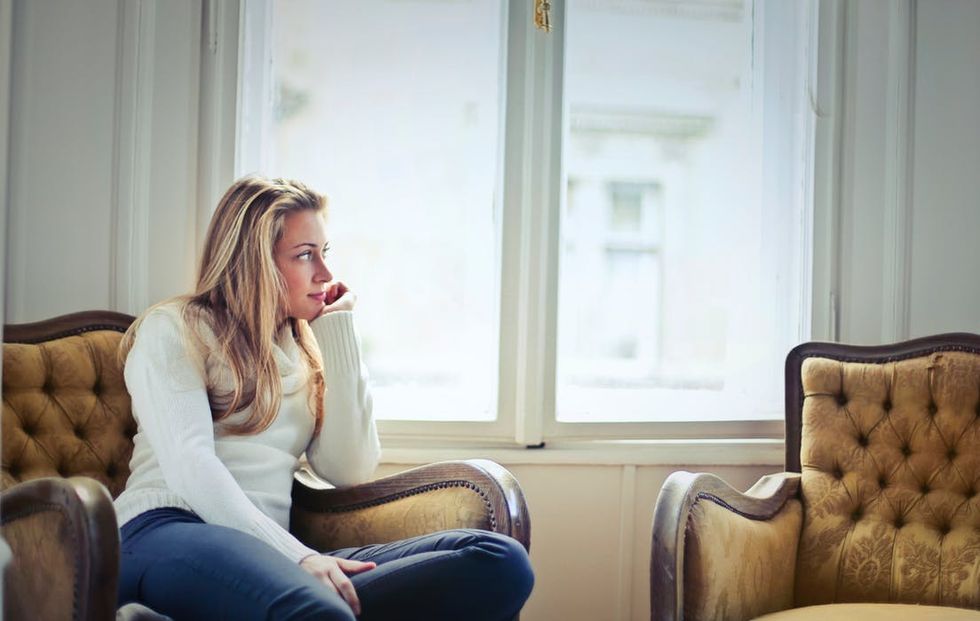

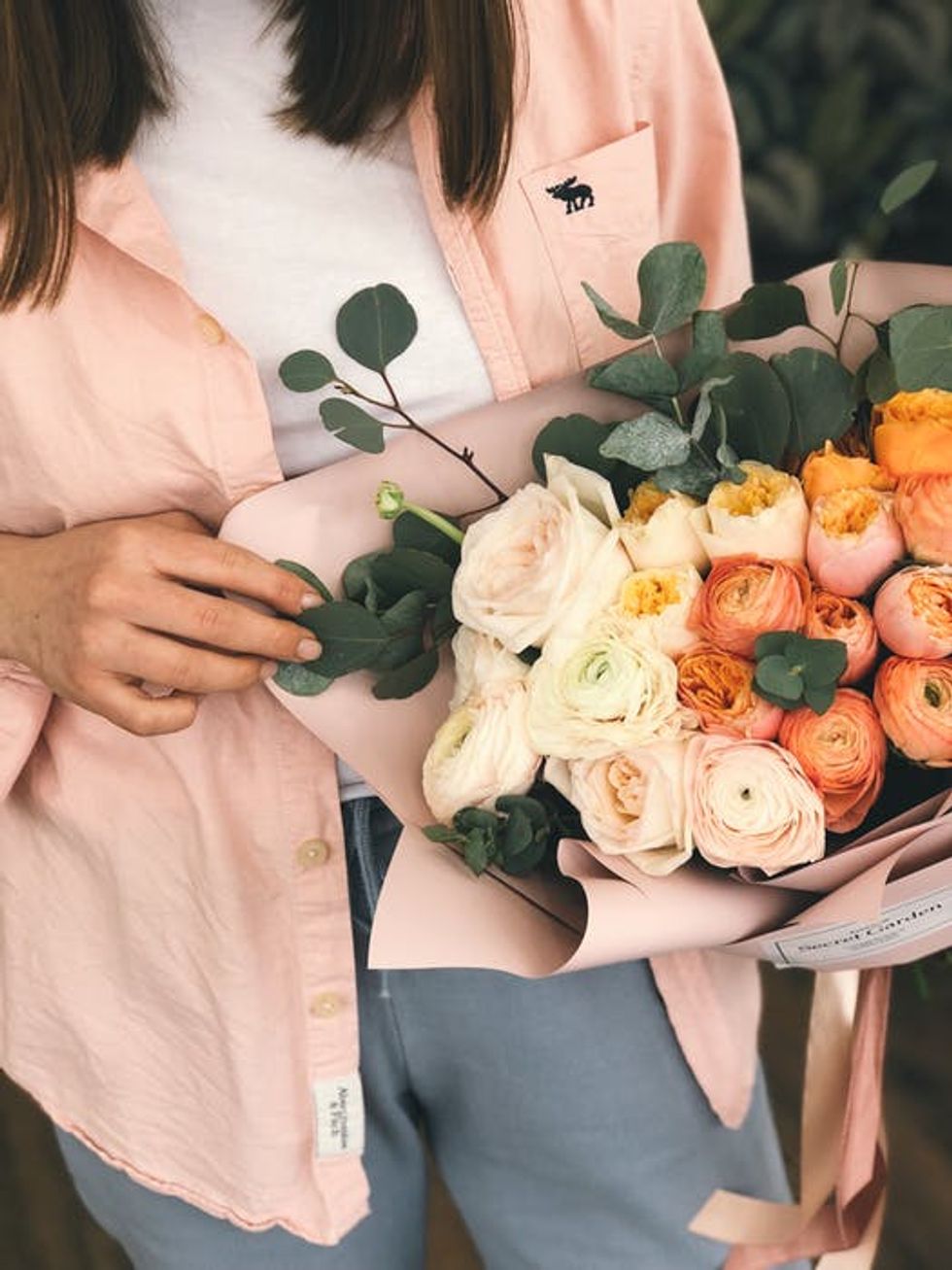
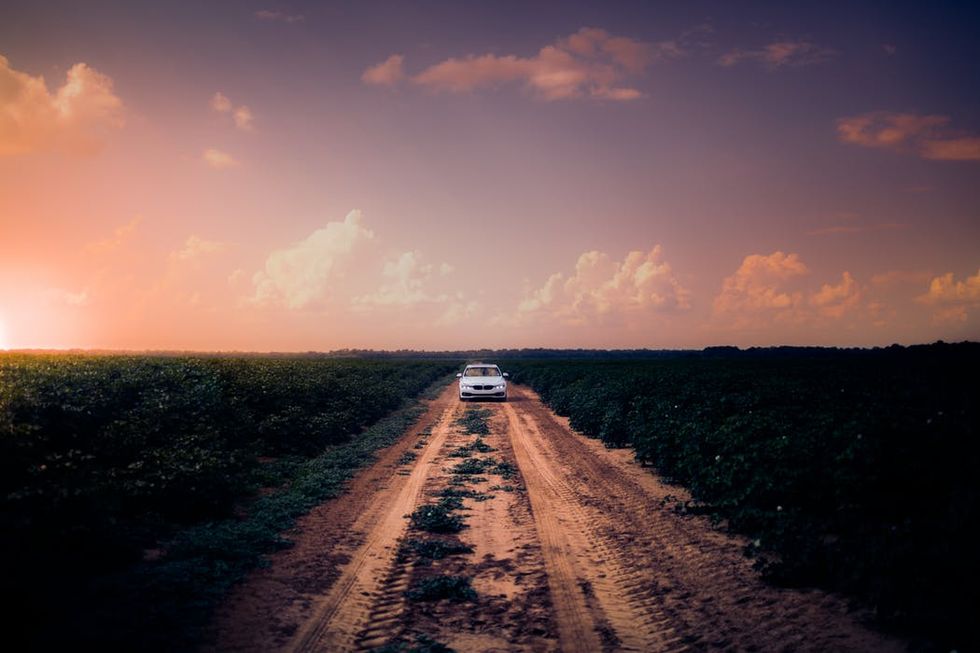
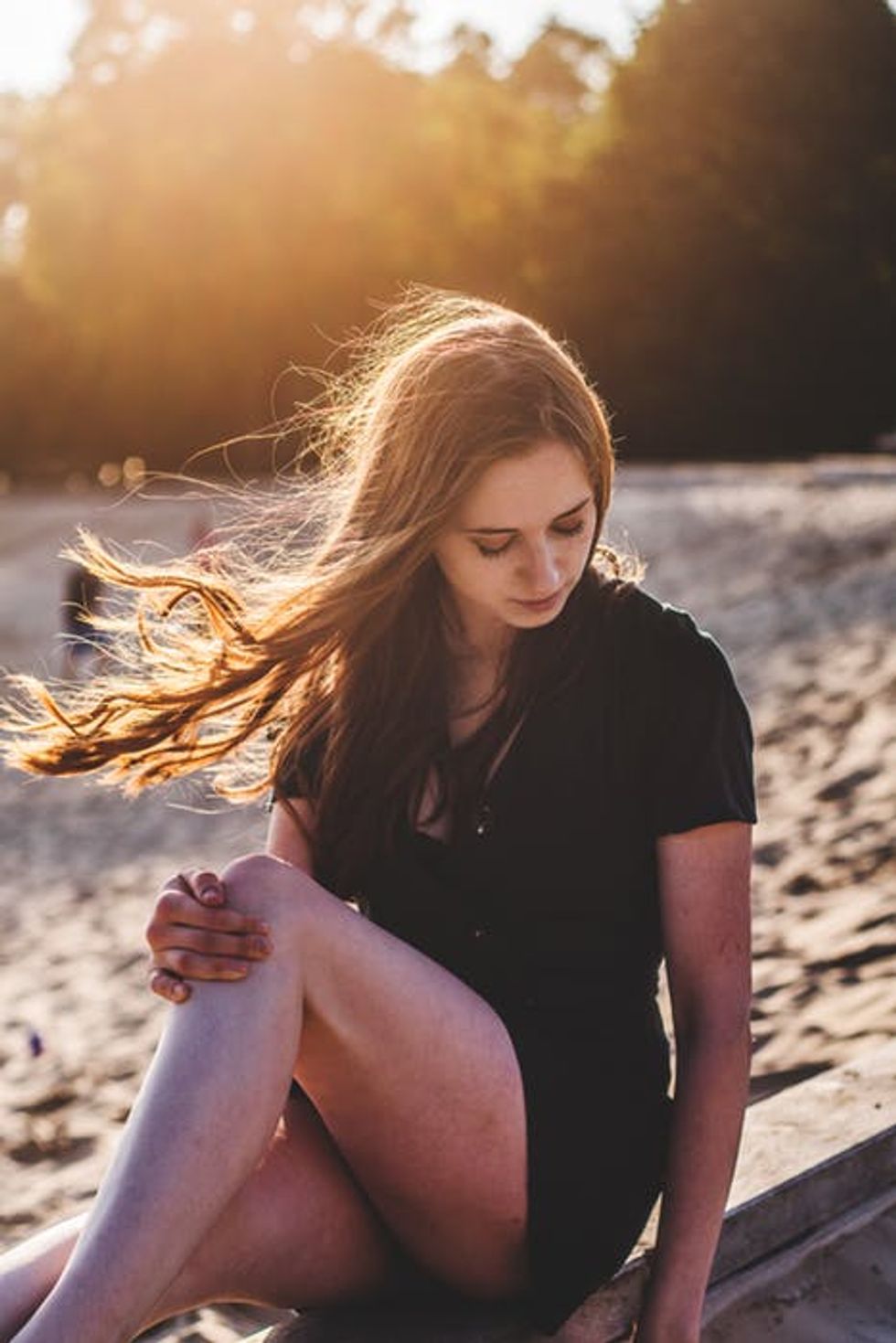

 women in street dancing
Photo by
women in street dancing
Photo by  man and woman standing in front of louver door
Photo by
man and woman standing in front of louver door
Photo by  man in black t-shirt holding coca cola bottle
Photo by
man in black t-shirt holding coca cola bottle
Photo by  red and white coca cola signage
Photo by
red and white coca cola signage
Photo by  man holding luggage photo
Photo by
man holding luggage photo
Photo by  topless boy in blue denim jeans riding red bicycle during daytime
Photo by
topless boy in blue denim jeans riding red bicycle during daytime
Photo by  trust spelled with wooden letter blocks on a table
Photo by
trust spelled with wooden letter blocks on a table
Photo by  Everyone is Welcome signage
Photo by
Everyone is Welcome signage
Photo by  man with cap and background with red and pink wall l
Photo by
man with cap and background with red and pink wall l
Photo by  difficult roads lead to beautiful destinations desk decor
Photo by
difficult roads lead to beautiful destinations desk decor
Photo by  photography of woman pointing her finger near an man
Photo by
photography of woman pointing her finger near an man
Photo by  closeup photography of woman smiling
Photo by
closeup photography of woman smiling
Photo by  a man doing a trick on a skateboard
Photo by
a man doing a trick on a skateboard
Photo by  two men
two men  running man on bridge
Photo by
running man on bridge
Photo by  orange white and black bag
Photo by
orange white and black bag
Photo by  girl sitting on gray rocks
Photo by
girl sitting on gray rocks
Photo by  assorted-color painted wall with painting materials
Photo by
assorted-color painted wall with painting materials
Photo by  three women sitting on brown wooden bench
Photo by
three women sitting on brown wooden bench
Photo by 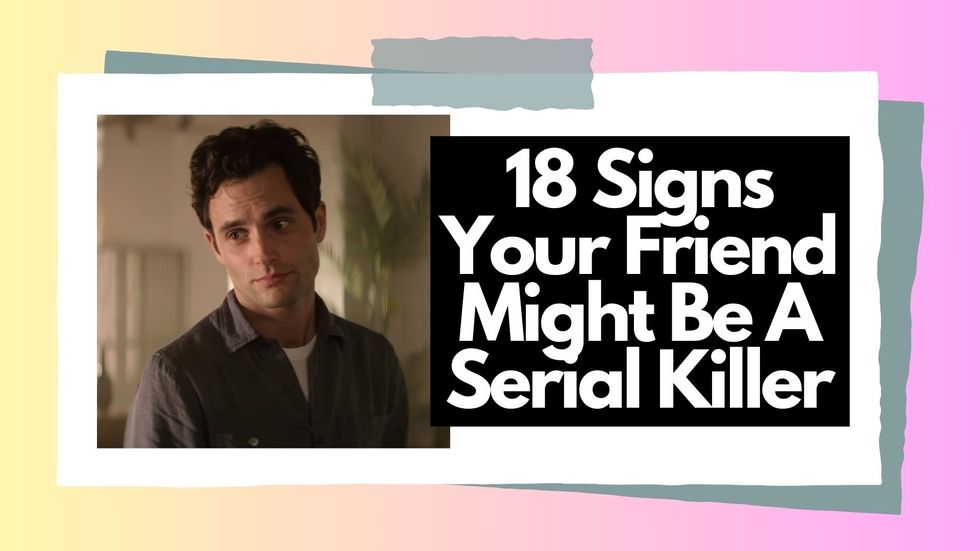
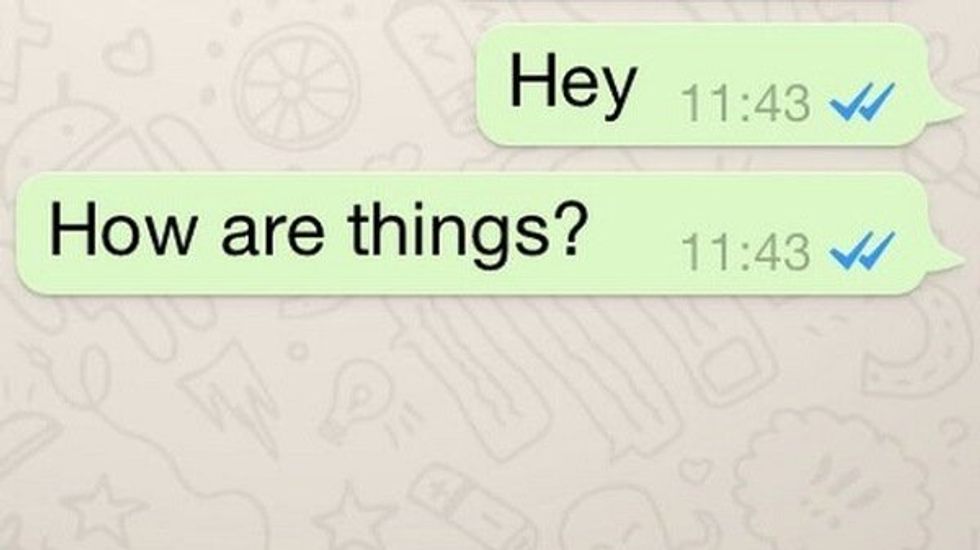
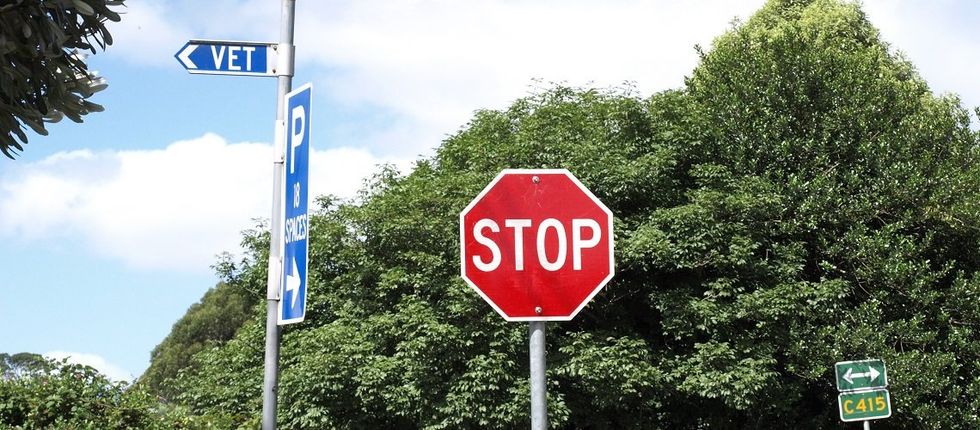
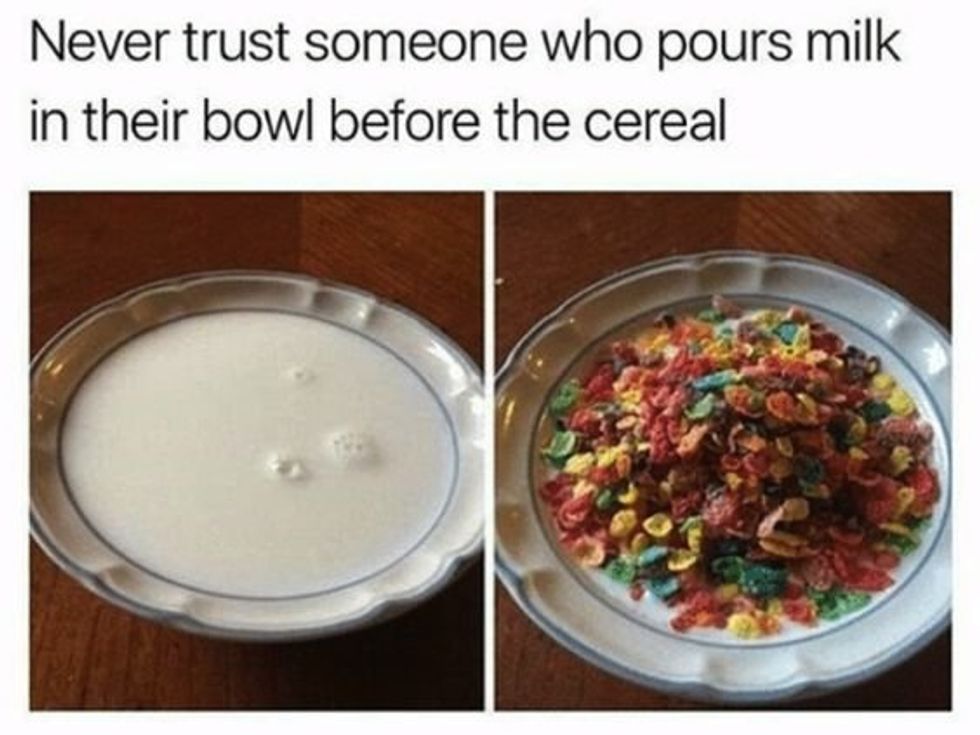
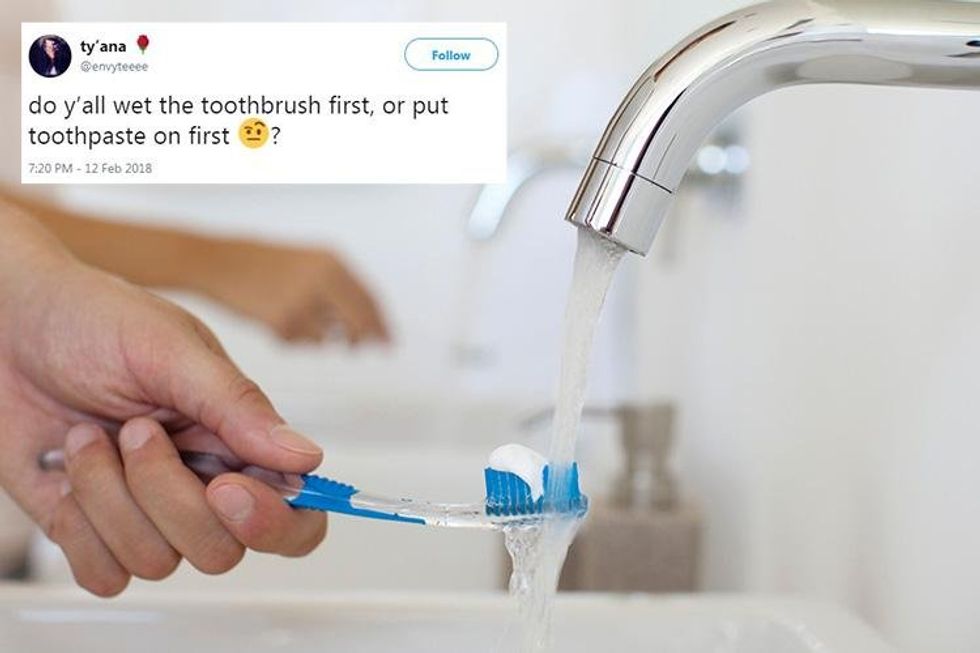 Do you wet the toothbrush before or after toothpaste? People are divided...
Do you wet the toothbrush before or after toothpaste? People are divided...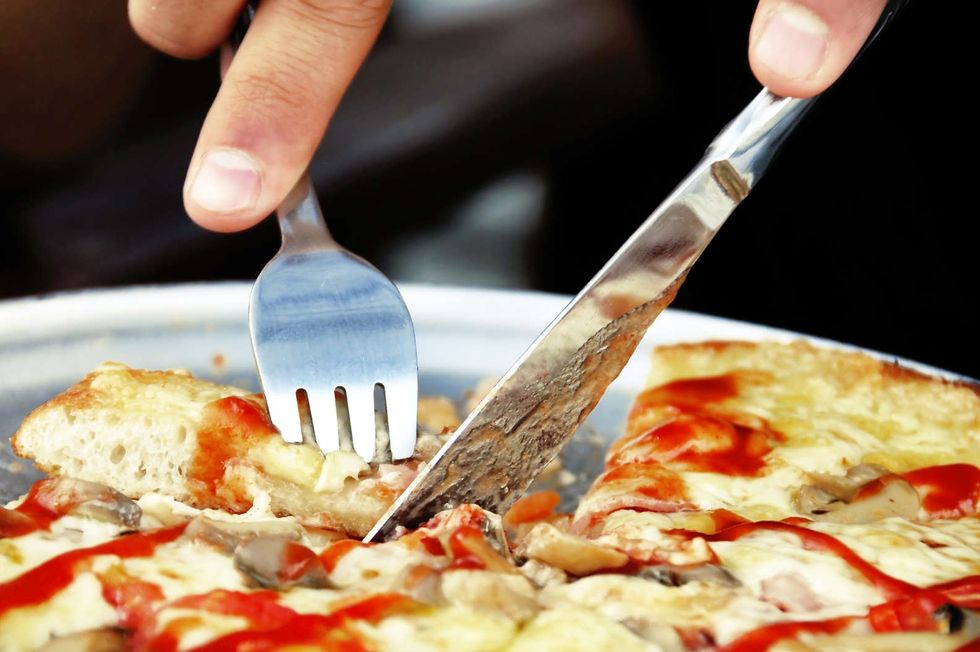
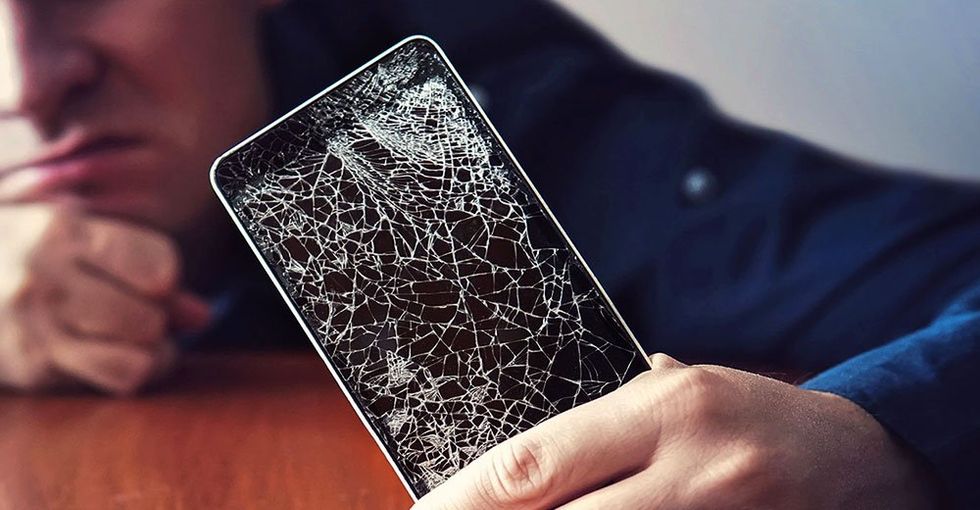
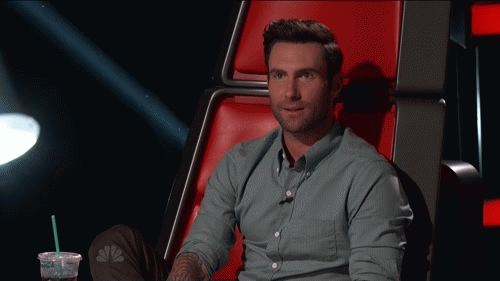
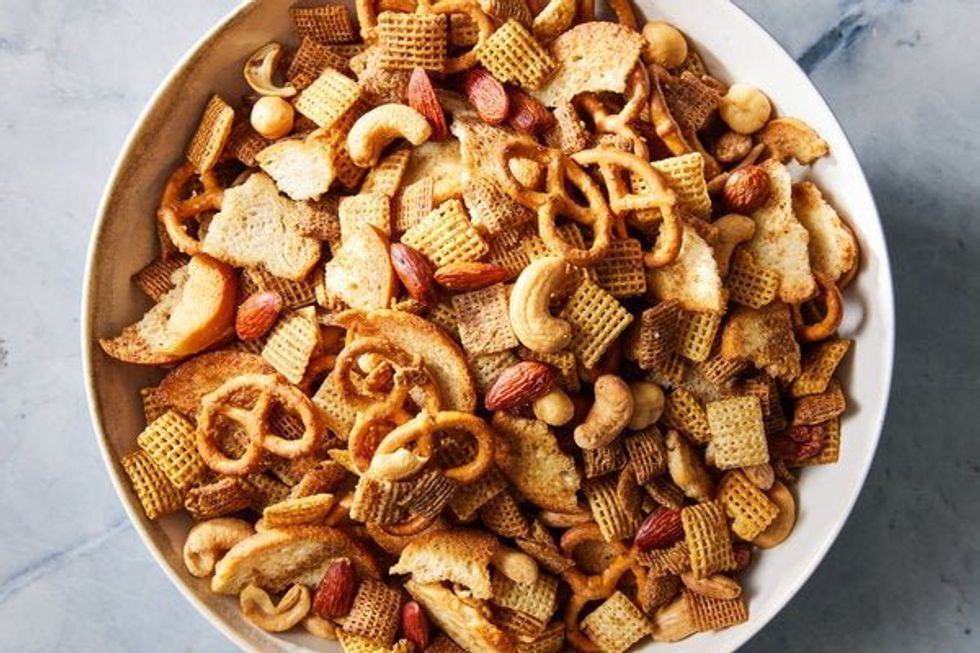
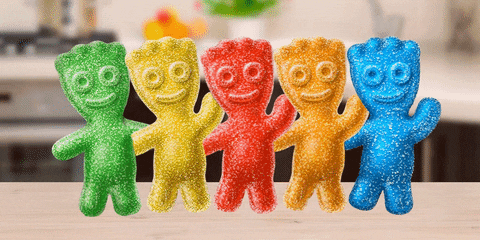
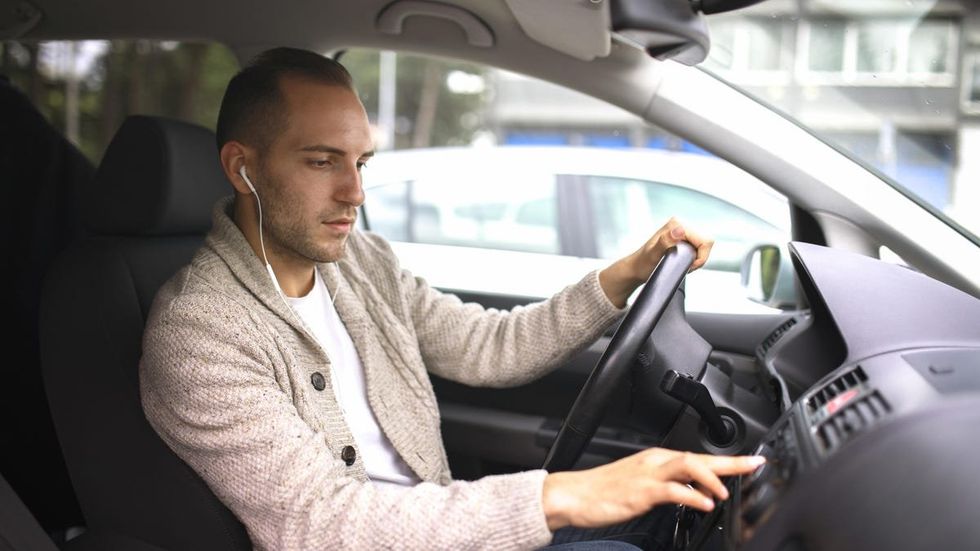

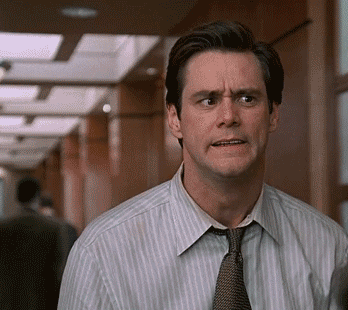
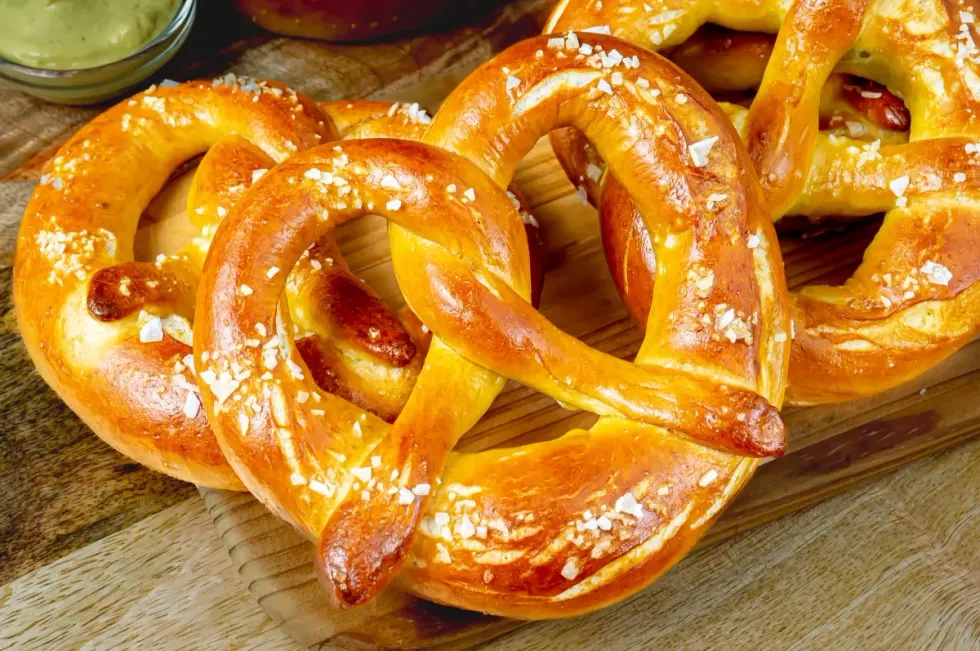
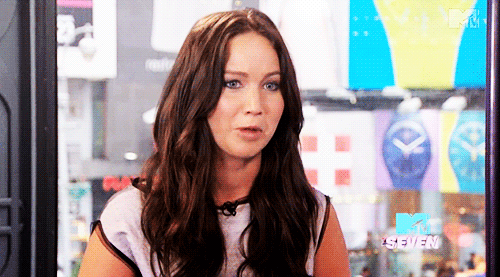
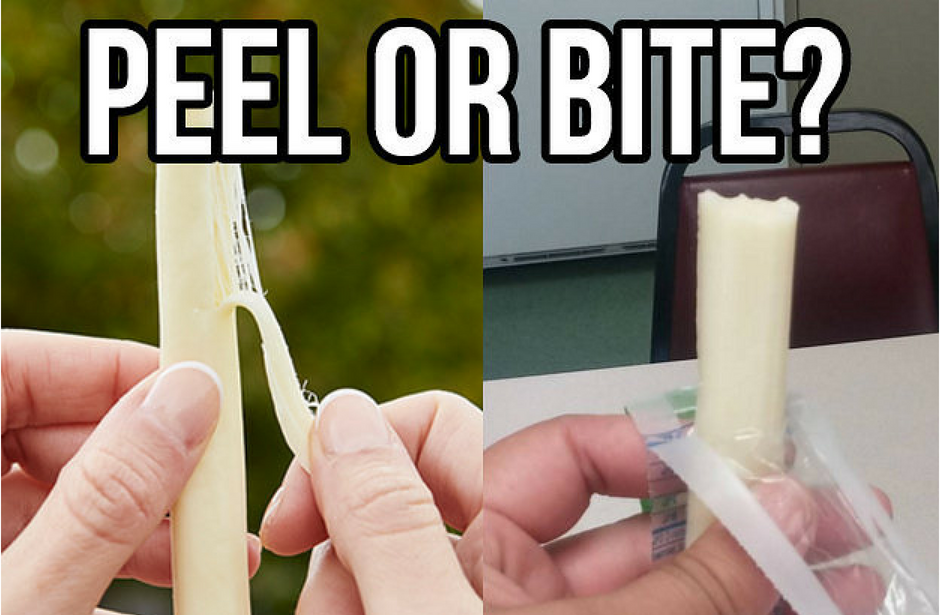

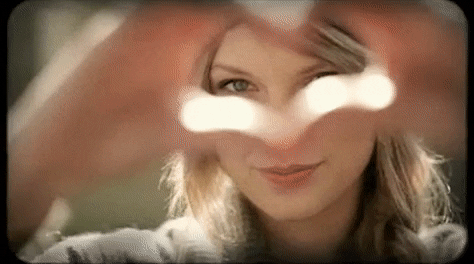 I Love You GIF by Taylor Swift
I Love You GIF by Taylor Swift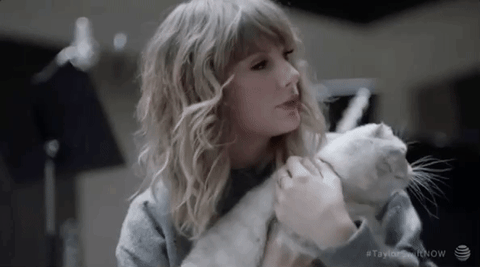 Behind The Scenes GIF by Taylor Swift
Behind The Scenes GIF by Taylor Swift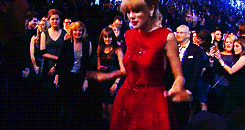 taylor swift dancing GIF
taylor swift dancing GIF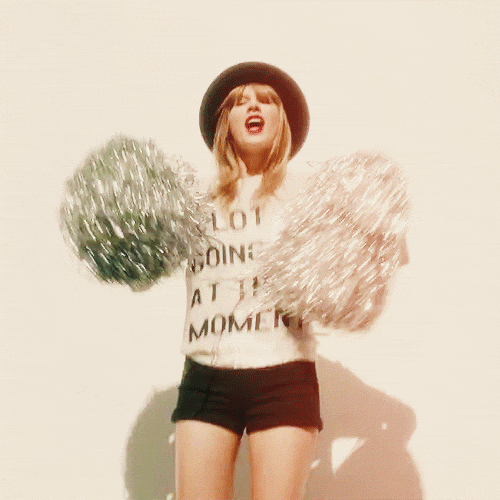 Happy Music Video GIF
Happy Music Video GIF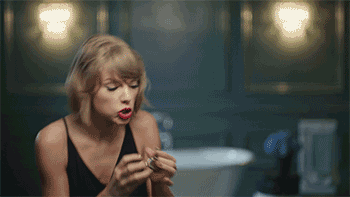 Taylor Swift G GIF - Find & Share on GIPHY
Taylor Swift G GIF - Find & Share on GIPHY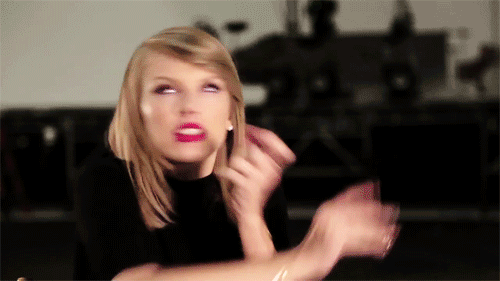
 taylor swift grammys GIF by mtv
taylor swift grammys GIF by mtv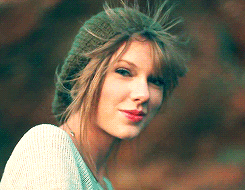 Taylor Swift GIF
Taylor Swift GIF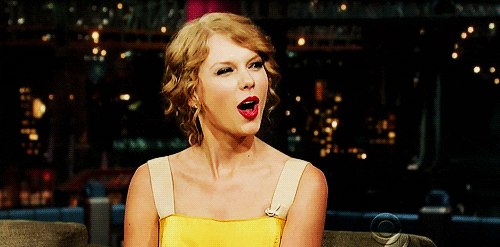 taylor swift yes GIF
taylor swift yes GIF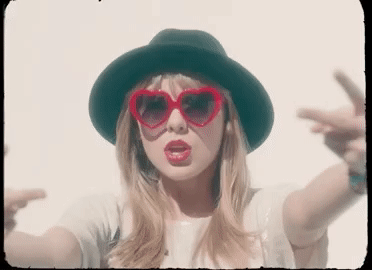 taylor swift love GIF
taylor swift love GIF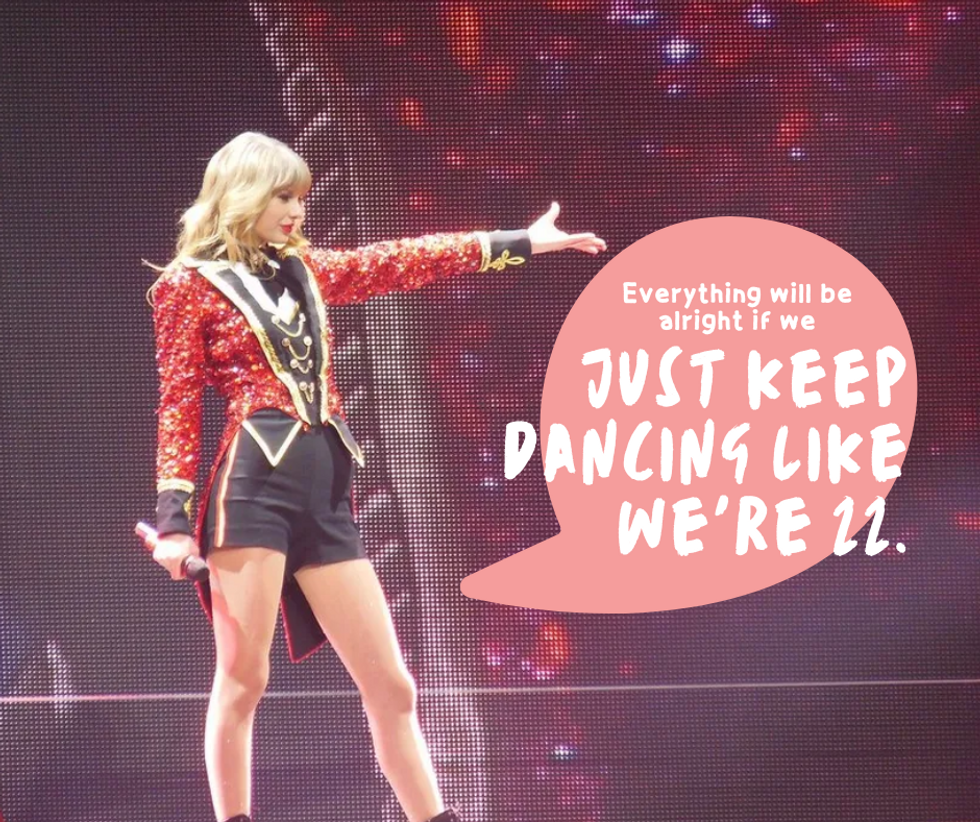
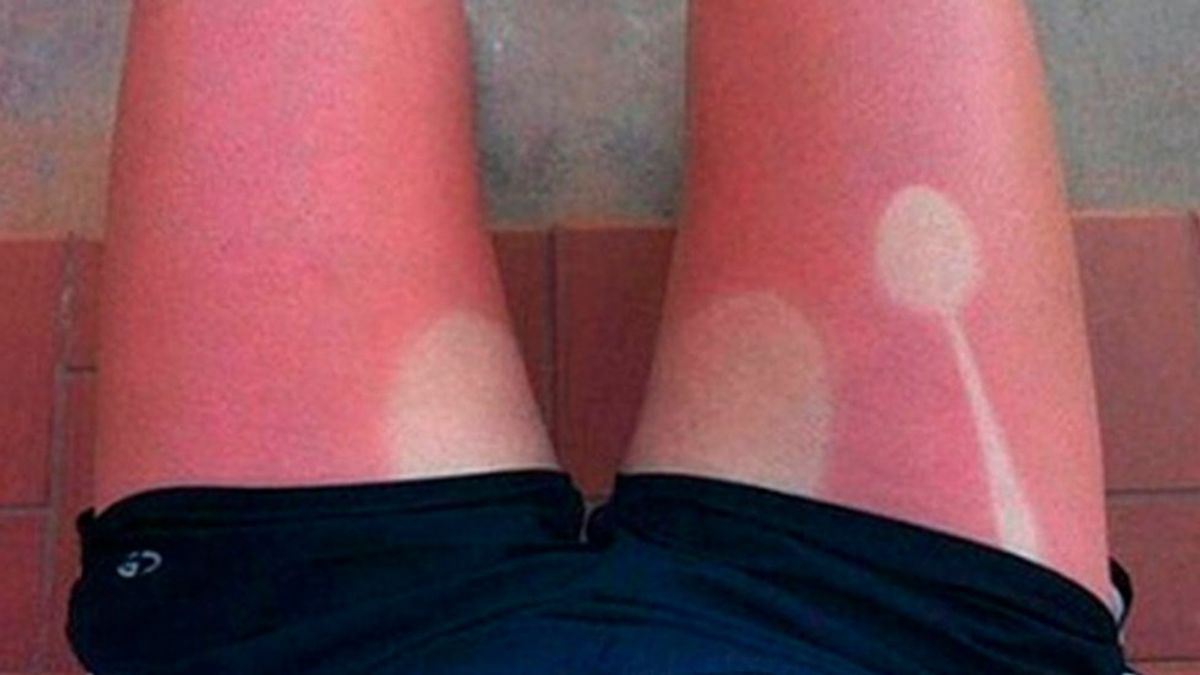
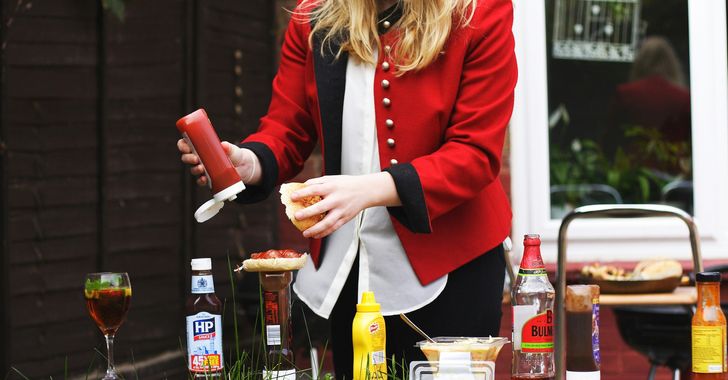 woman putting red sauce on hamburger
Photo by
woman putting red sauce on hamburger
Photo by 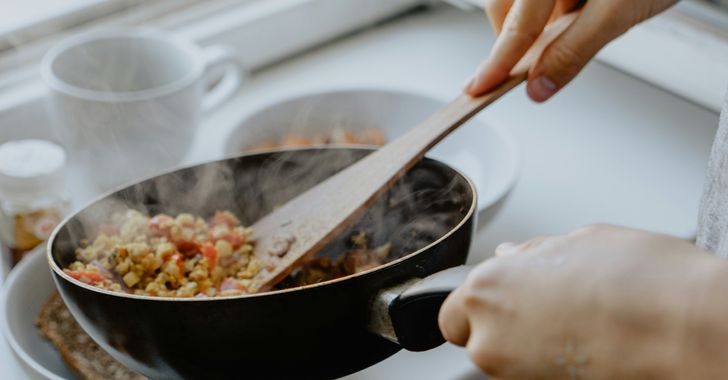 person holding black frying pan
Photo by
person holding black frying pan
Photo by 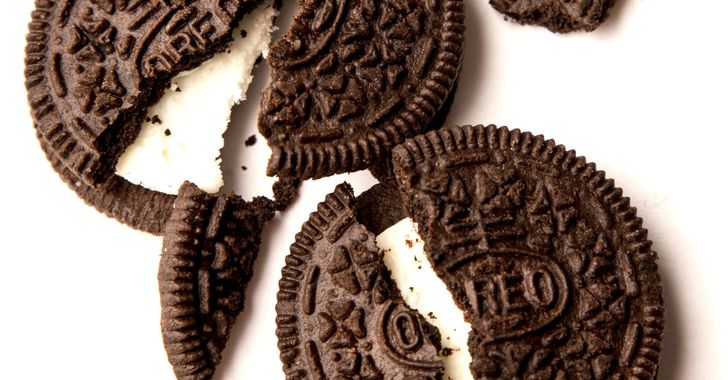 cracked Oreo cookies
Photo by
cracked Oreo cookies
Photo by 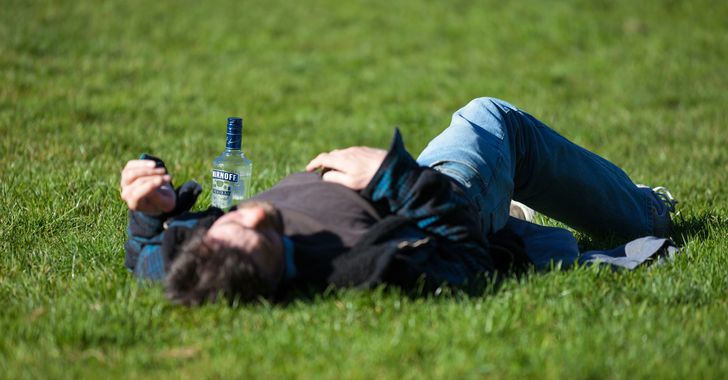 a man laying in the grass with a bottle of vodka
Photo by
a man laying in the grass with a bottle of vodka
Photo by 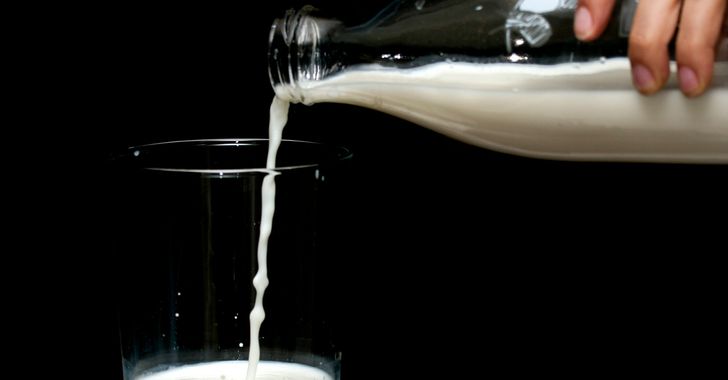 person pouring milk on clear drinking glass
Photo by
person pouring milk on clear drinking glass
Photo by 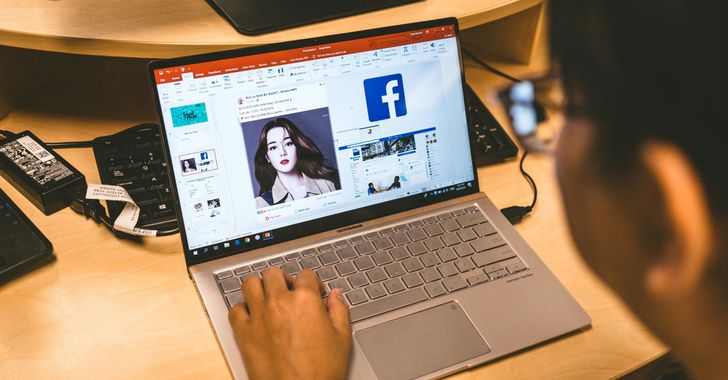 person using laptop browsing facebook application
Photo by
person using laptop browsing facebook application
Photo by 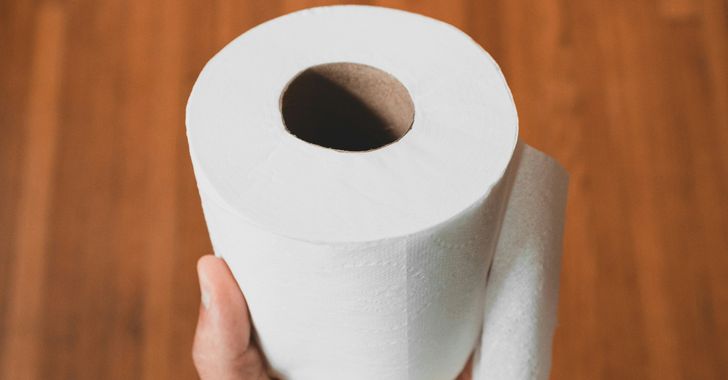 person holding white toilet paper roll
Photo by
person holding white toilet paper roll
Photo by 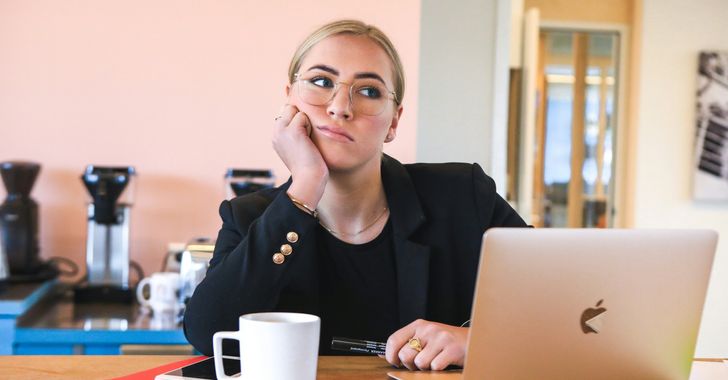 woman in black long sleeve shirt using macbook
Photo by
woman in black long sleeve shirt using macbook
Photo by 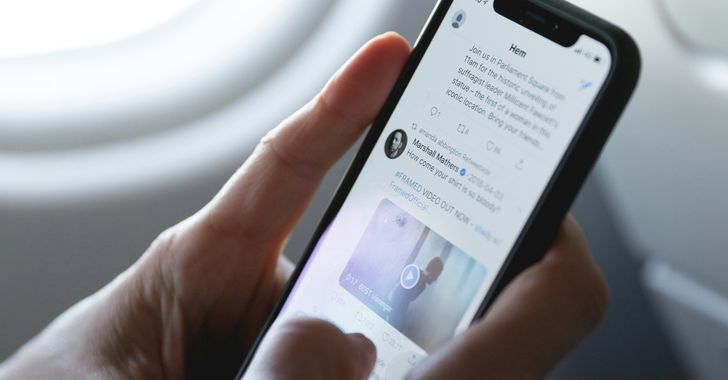 person holding space gray iPhone X
Photo by
person holding space gray iPhone X
Photo by 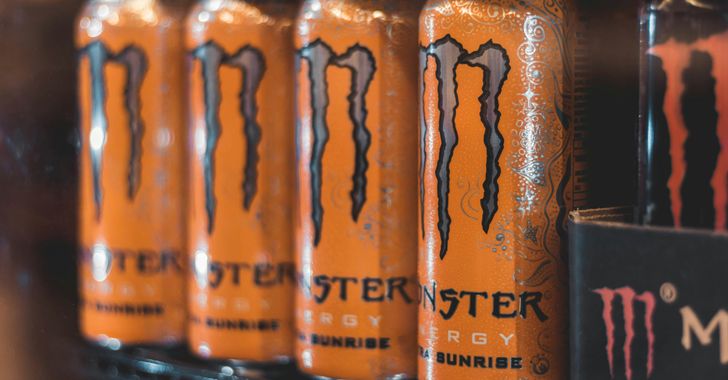 five Monster Energy cans
Photo by
five Monster Energy cans
Photo by 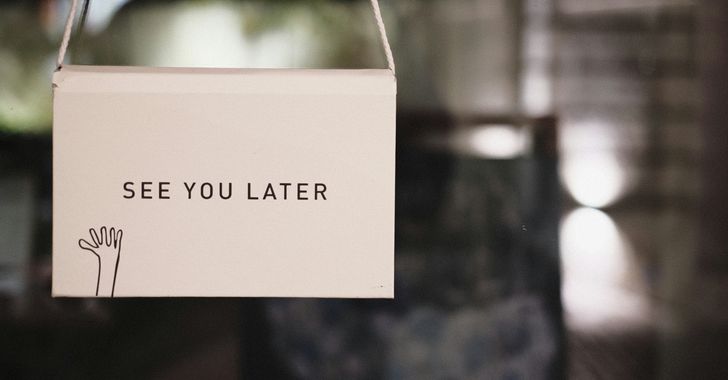 a sign that says see you later hanging from a door
Photo by
a sign that says see you later hanging from a door
Photo by 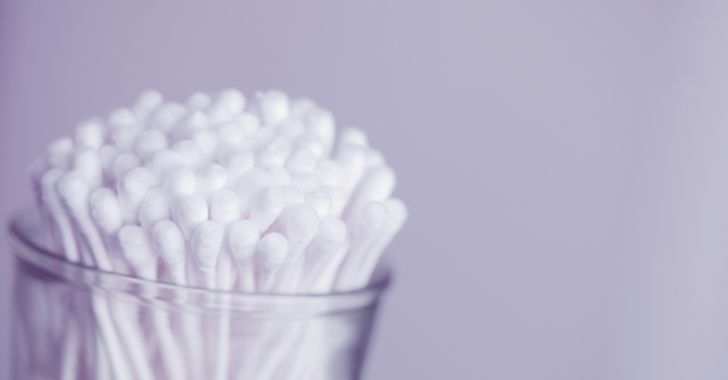 white cotton buds in container
Photo by
white cotton buds in container
Photo by 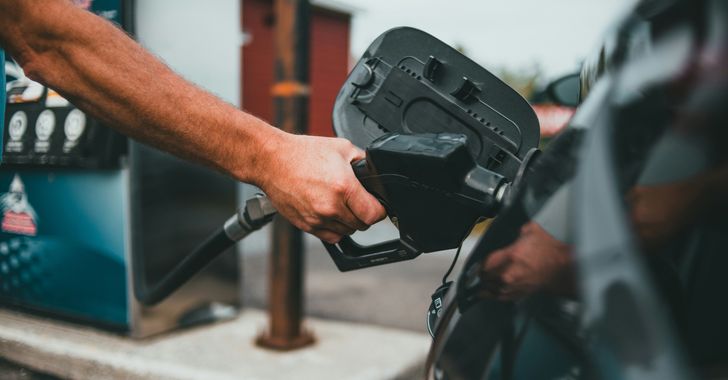 person holding black gas station pump
Photo by
person holding black gas station pump
Photo by 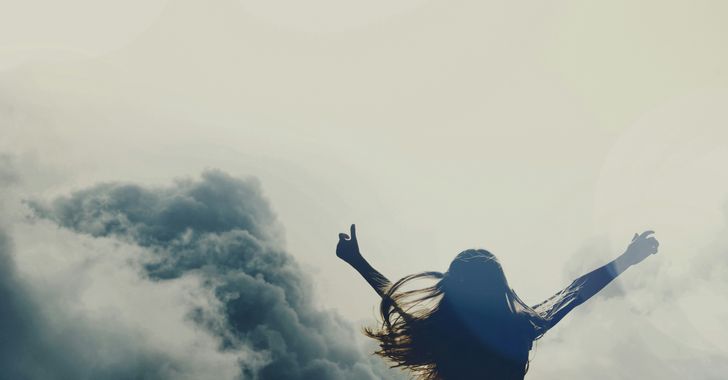 woman spread hand
Photo by
woman spread hand
Photo by 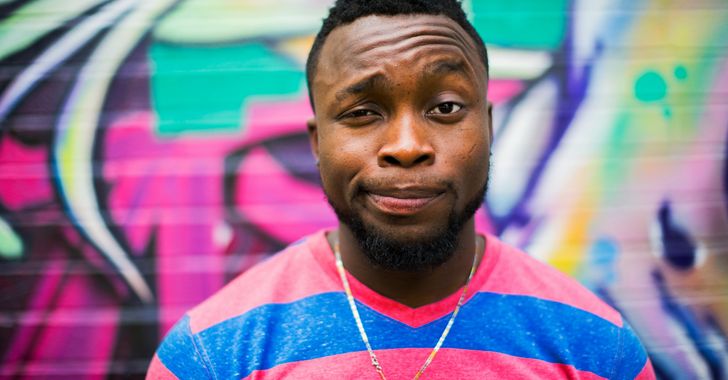 black haired man making face
Photo by
black haired man making face
Photo by 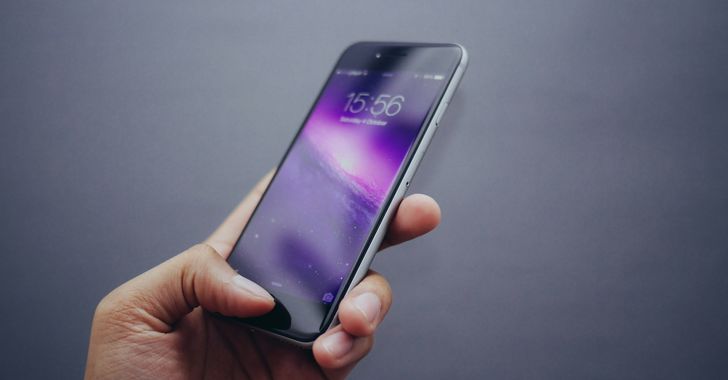 person holding space gray iPhone X
Photo by
person holding space gray iPhone X
Photo by  pile of oak barrels inside tunnel
Photo by
pile of oak barrels inside tunnel
Photo by  brown hair with aluminum foil on hair pieces
Photo by
brown hair with aluminum foil on hair pieces
Photo by 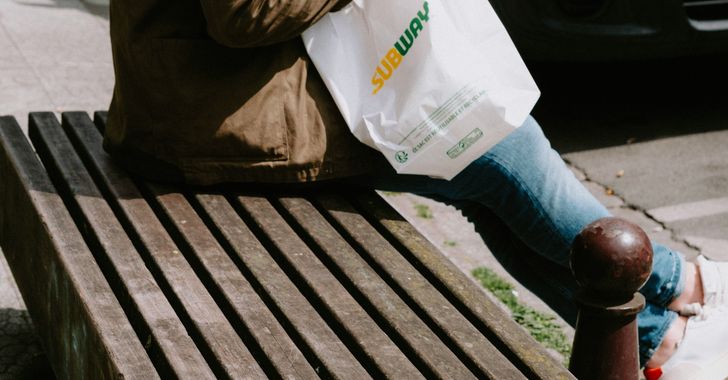 a person sitting on a bench with a subway bag of food
Photo by
a person sitting on a bench with a subway bag of food
Photo by 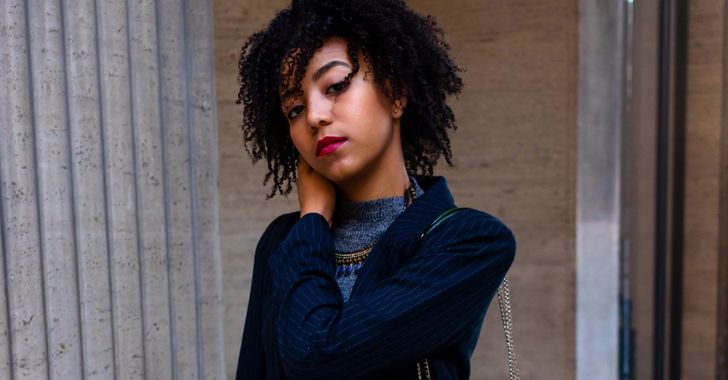 woman in dark-blue blazer carrying green purse
Photo by
woman in dark-blue blazer carrying green purse
Photo by 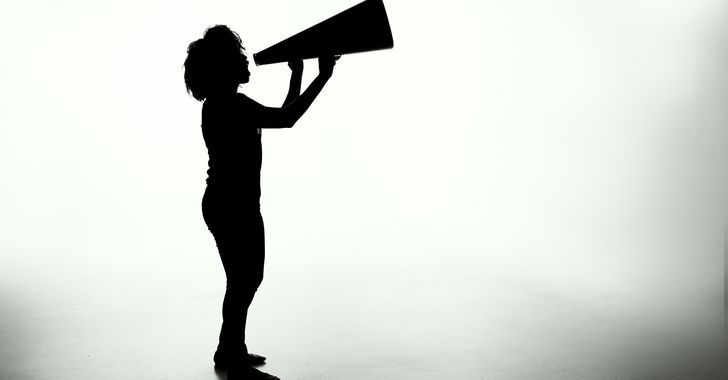 silhouette of woman holding rectangular board
Photo by
silhouette of woman holding rectangular board
Photo by 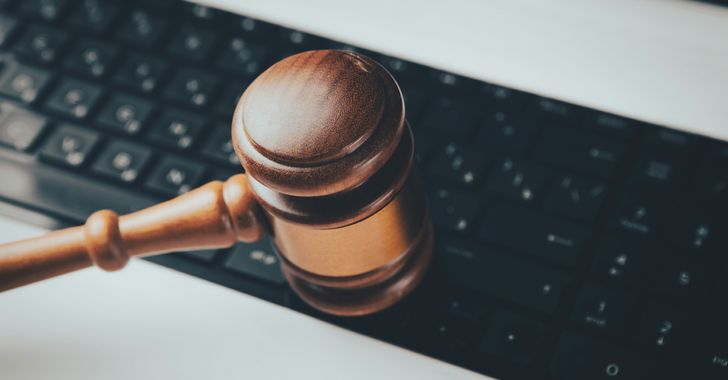 a wooden gaven sitting on top of a computer keyboard
Photo by
a wooden gaven sitting on top of a computer keyboard
Photo by 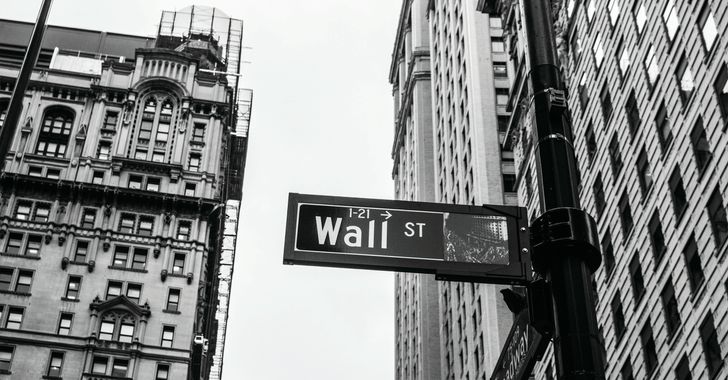 grayscale photo of 1-21 Wall street signage
Photo by
grayscale photo of 1-21 Wall street signage
Photo by 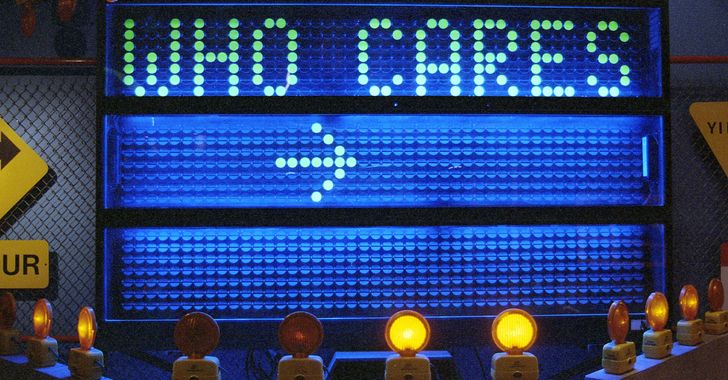 a sign that is lit up in the dark
Photo by
a sign that is lit up in the dark
Photo by 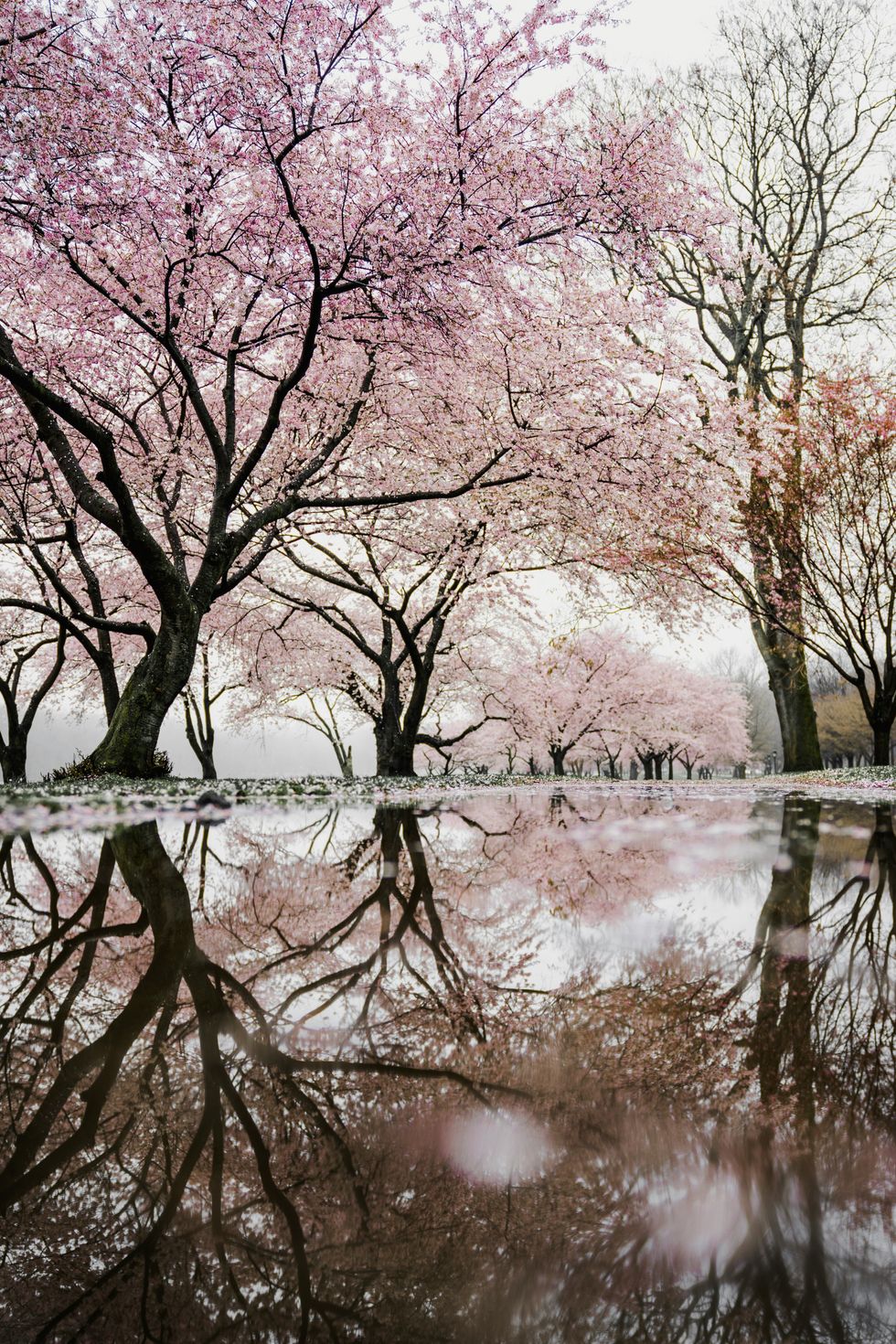
 women's black brassiere
Photo by
women's black brassiere
Photo by 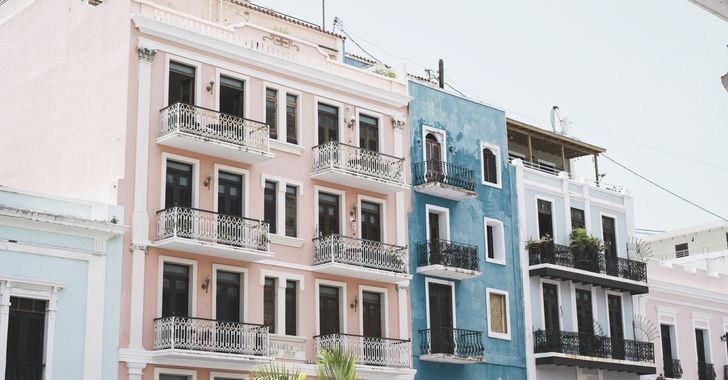 photo of blue and pink painted high-rise building
Photo by
photo of blue and pink painted high-rise building
Photo by 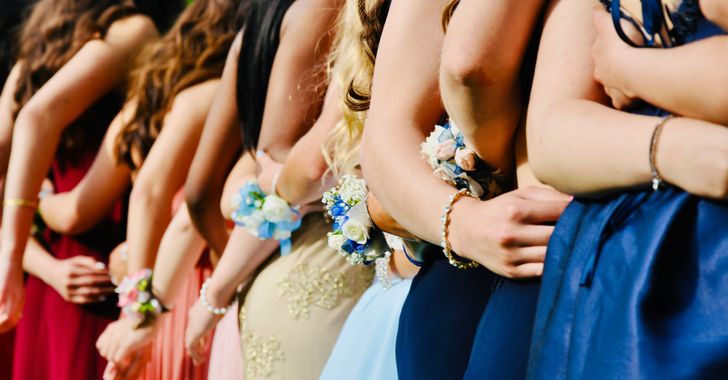 woman in blue sleeveless dress wearing blue and white floral tiara
Photo by
woman in blue sleeveless dress wearing blue and white floral tiara
Photo by  person carrying yellow and black backpack walking between green plants
Photo by
person carrying yellow and black backpack walking between green plants
Photo by 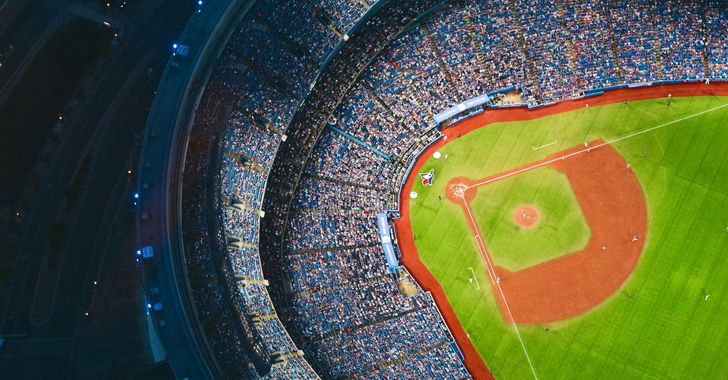 aerial photography of baseball stadium
Photo by
aerial photography of baseball stadium
Photo by 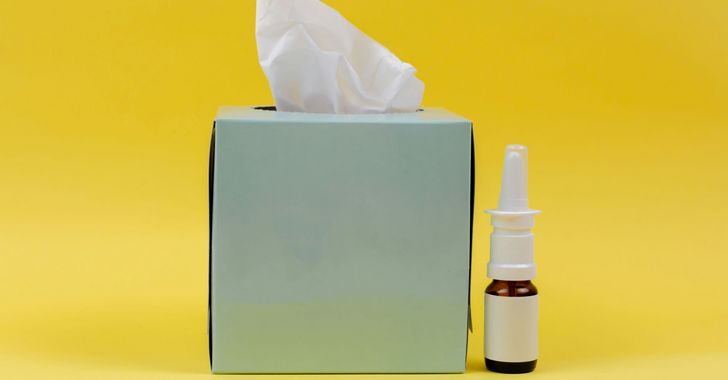 white and brown bottle beside white tissue box
Photo by
white and brown bottle beside white tissue box
Photo by 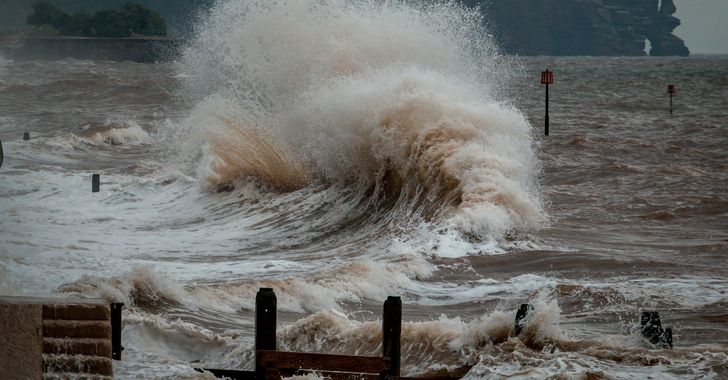 sea waves crashing on shore during daytime
Photo by
sea waves crashing on shore during daytime
Photo by 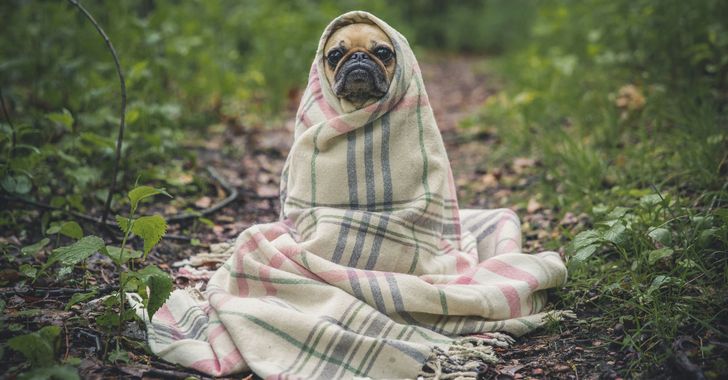 fawn pug covered by Burberry textile between plants
Photo by
fawn pug covered by Burberry textile between plants
Photo by  brown pathway between green plants
Photo by
brown pathway between green plants
Photo by 
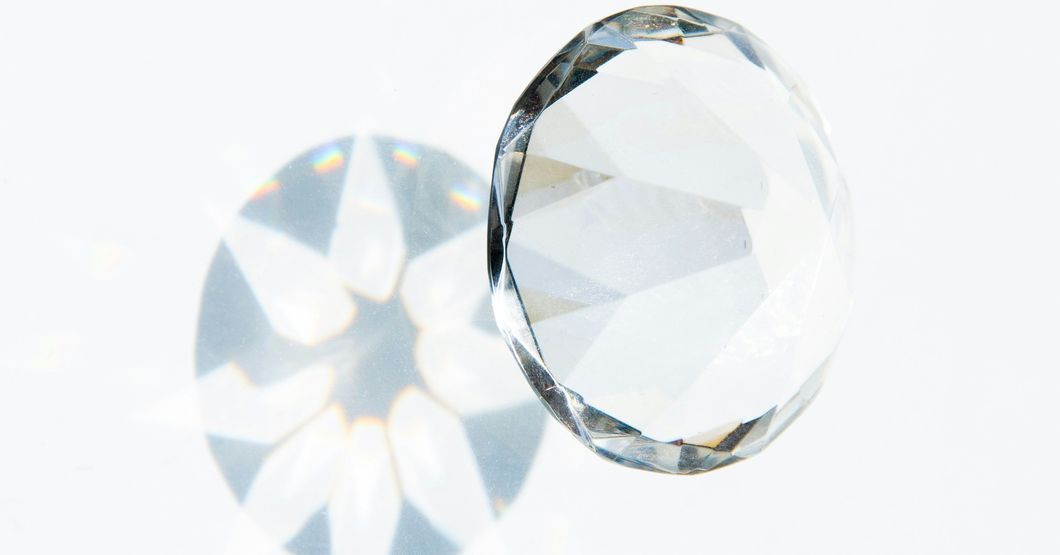 Photo by
Photo by 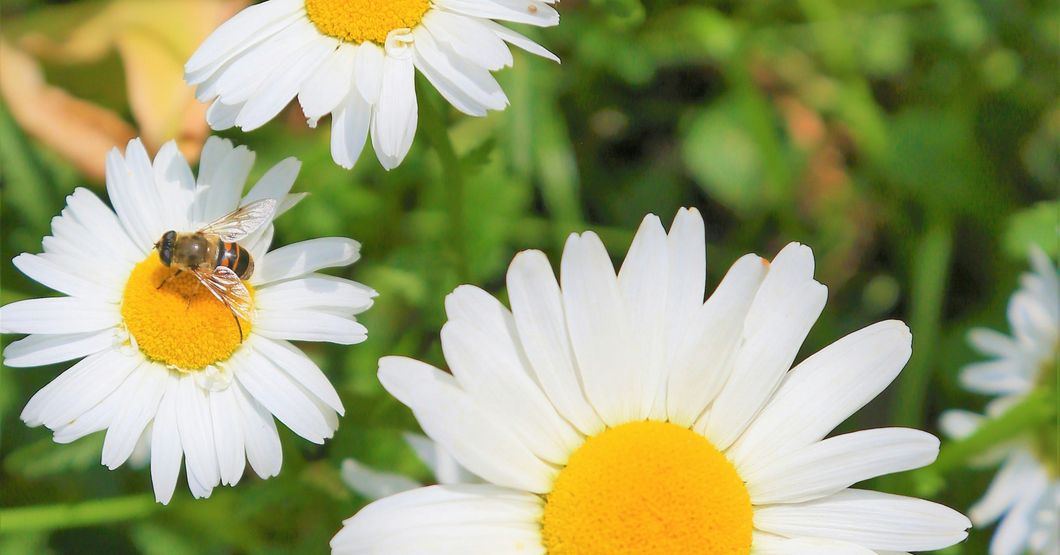 Photo by
Photo by  Photo by
Photo by  Photo by
Photo by 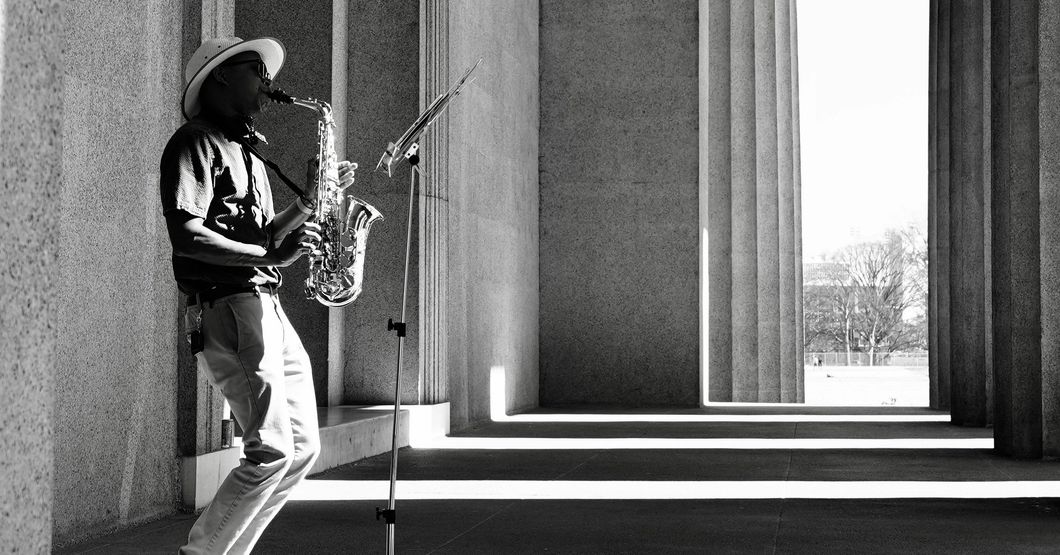 Photo by
Photo by  StableDiffusion
StableDiffusion
 StableDiffusion
StableDiffusion
 Photo by
Photo by 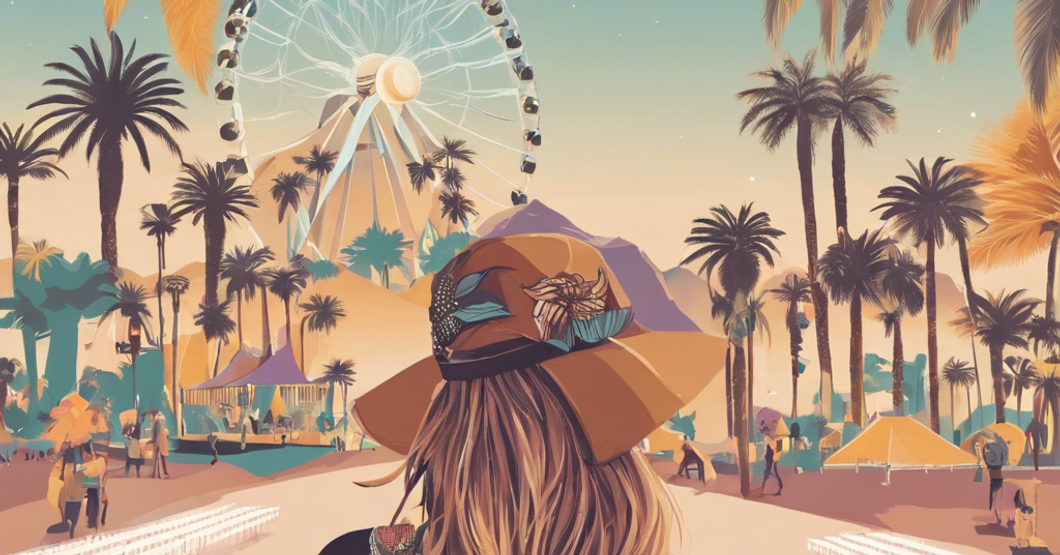 StableDiffusion
StableDiffusion
 Photo by
Photo by 

